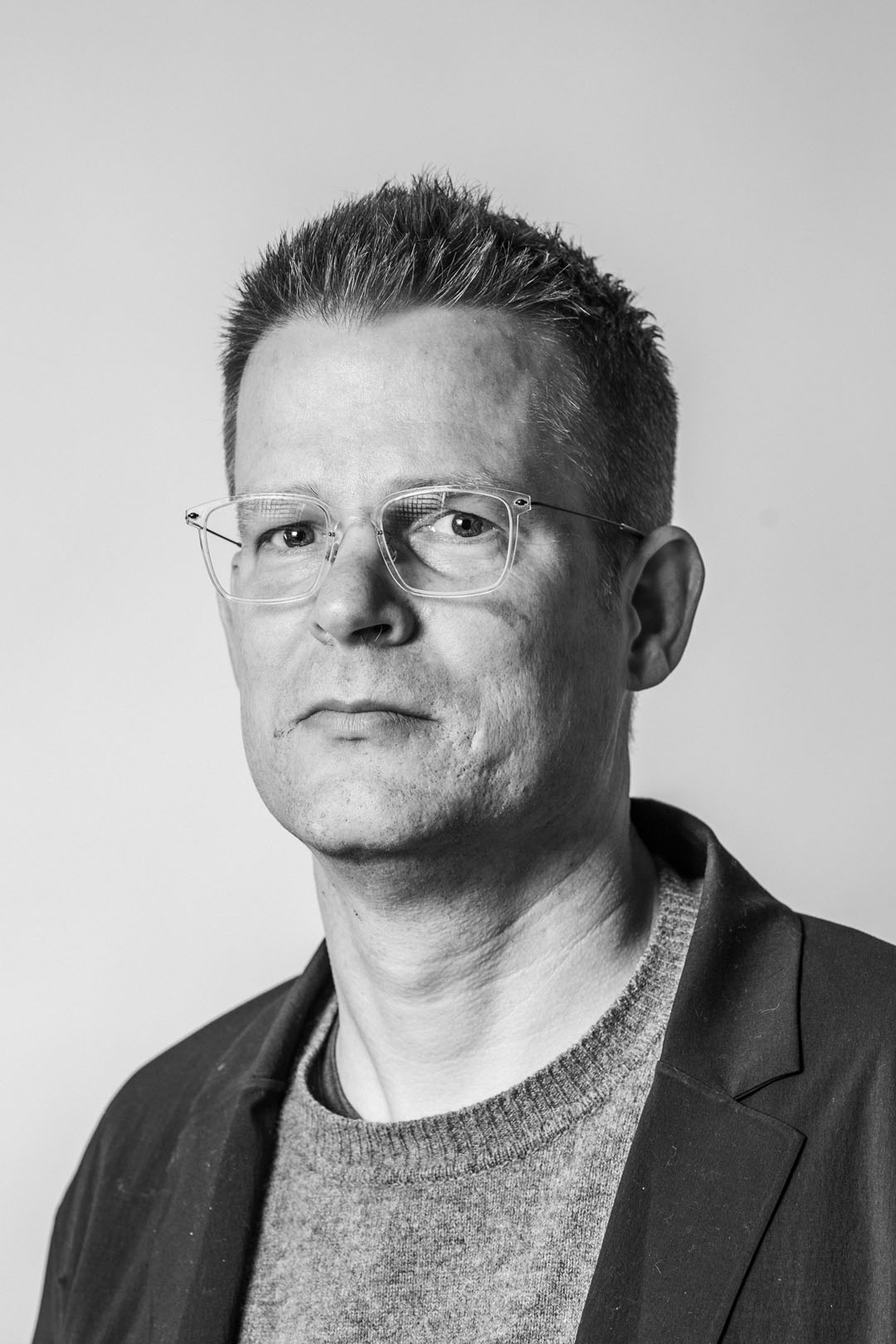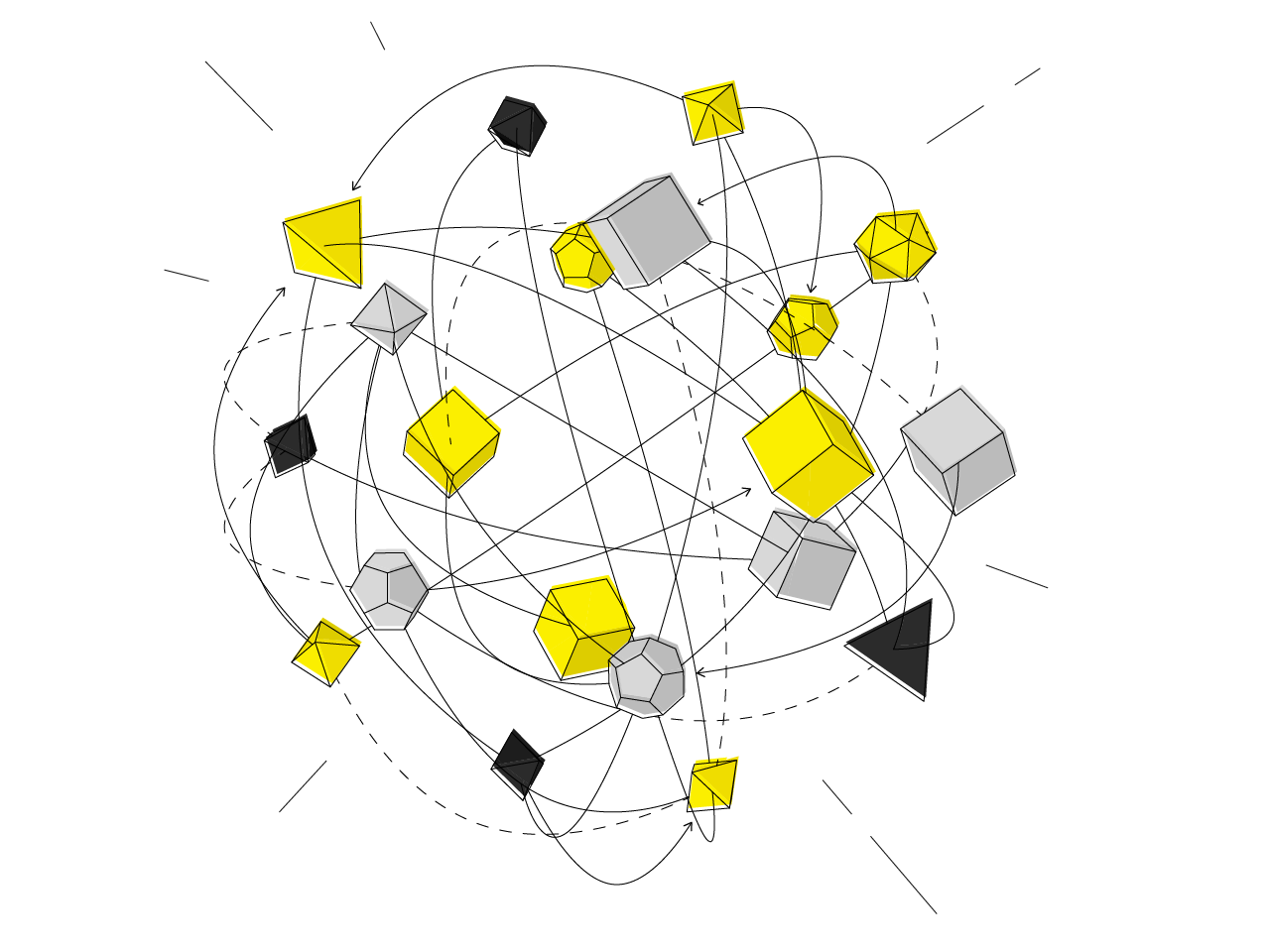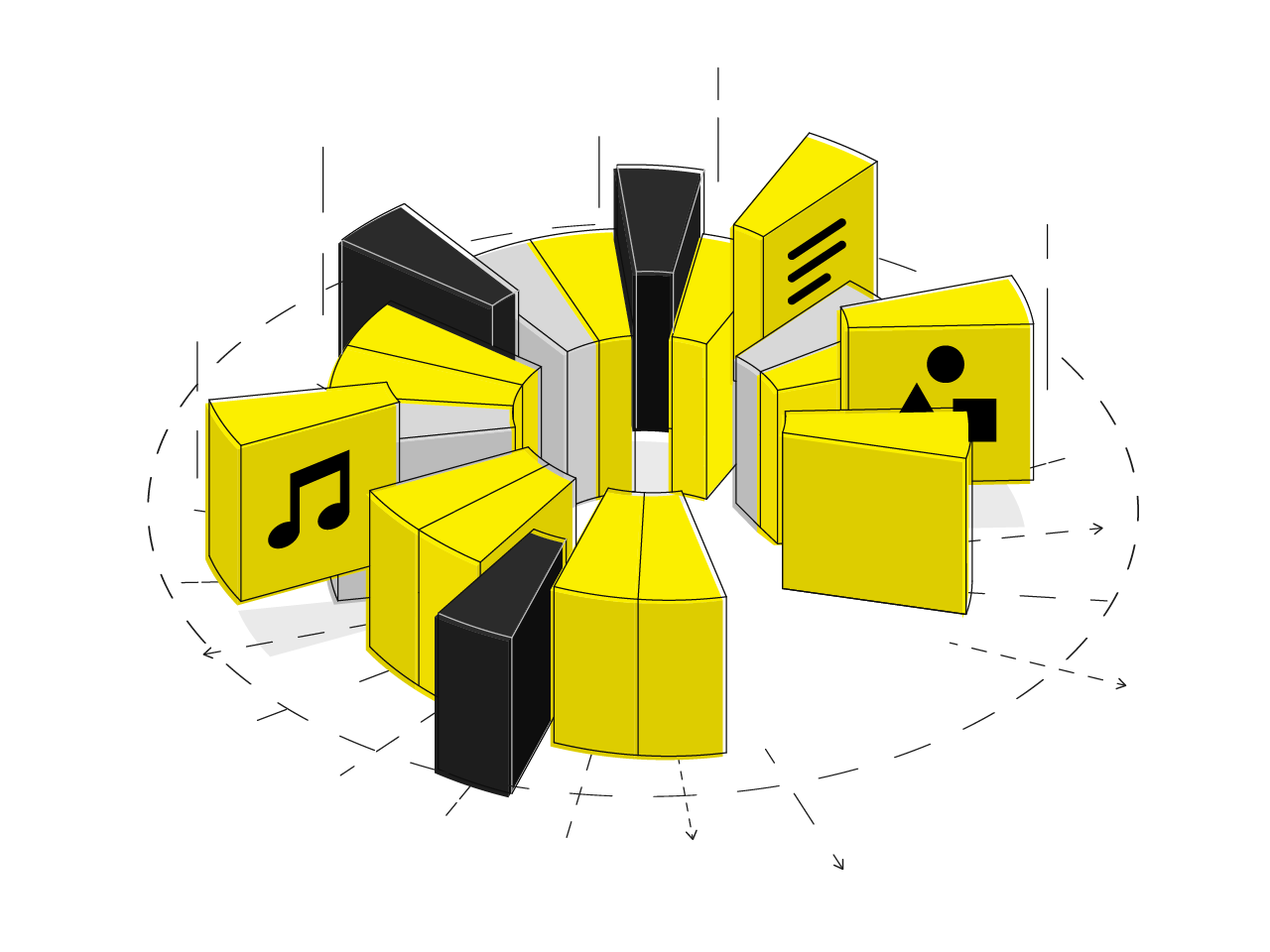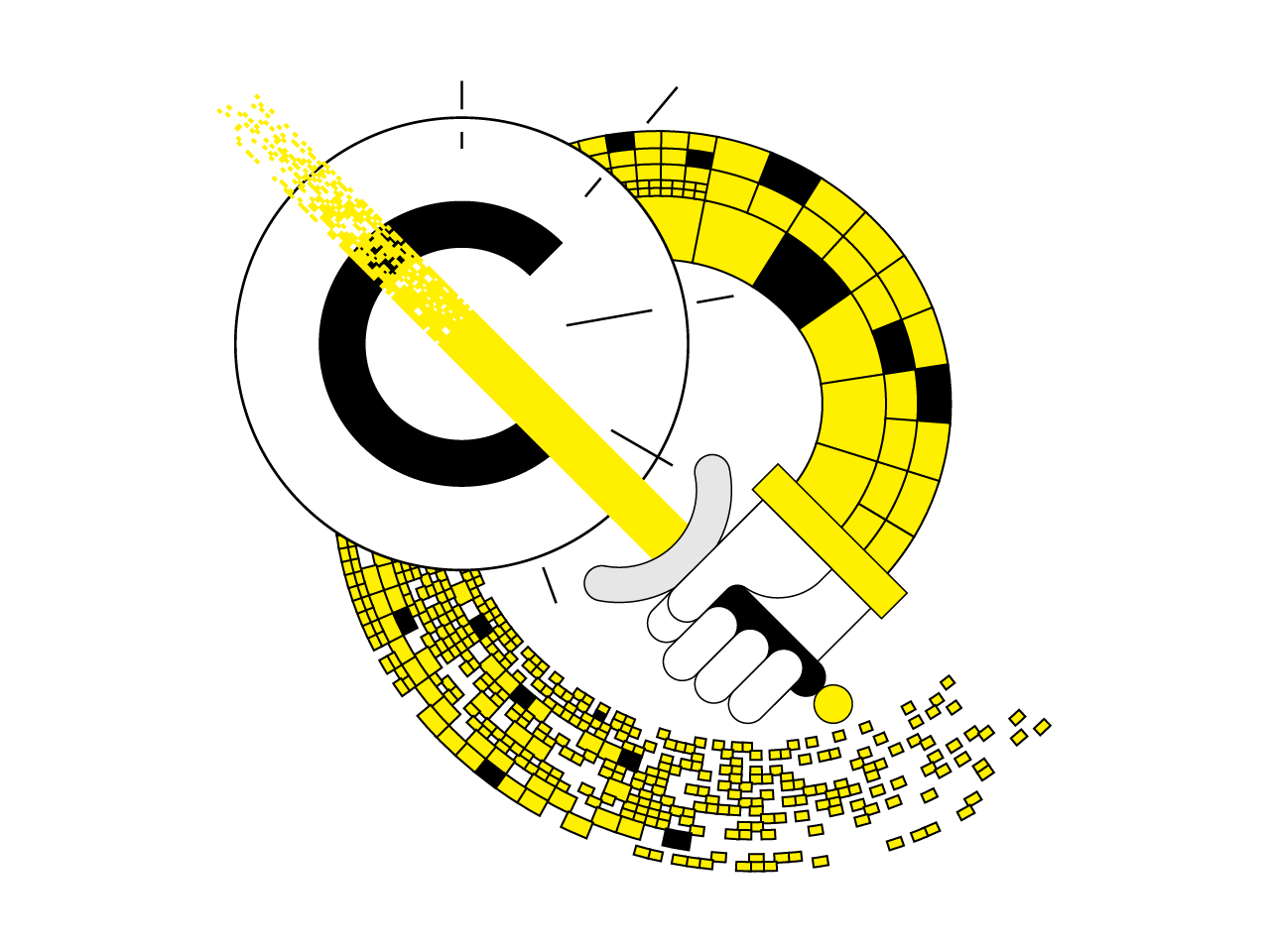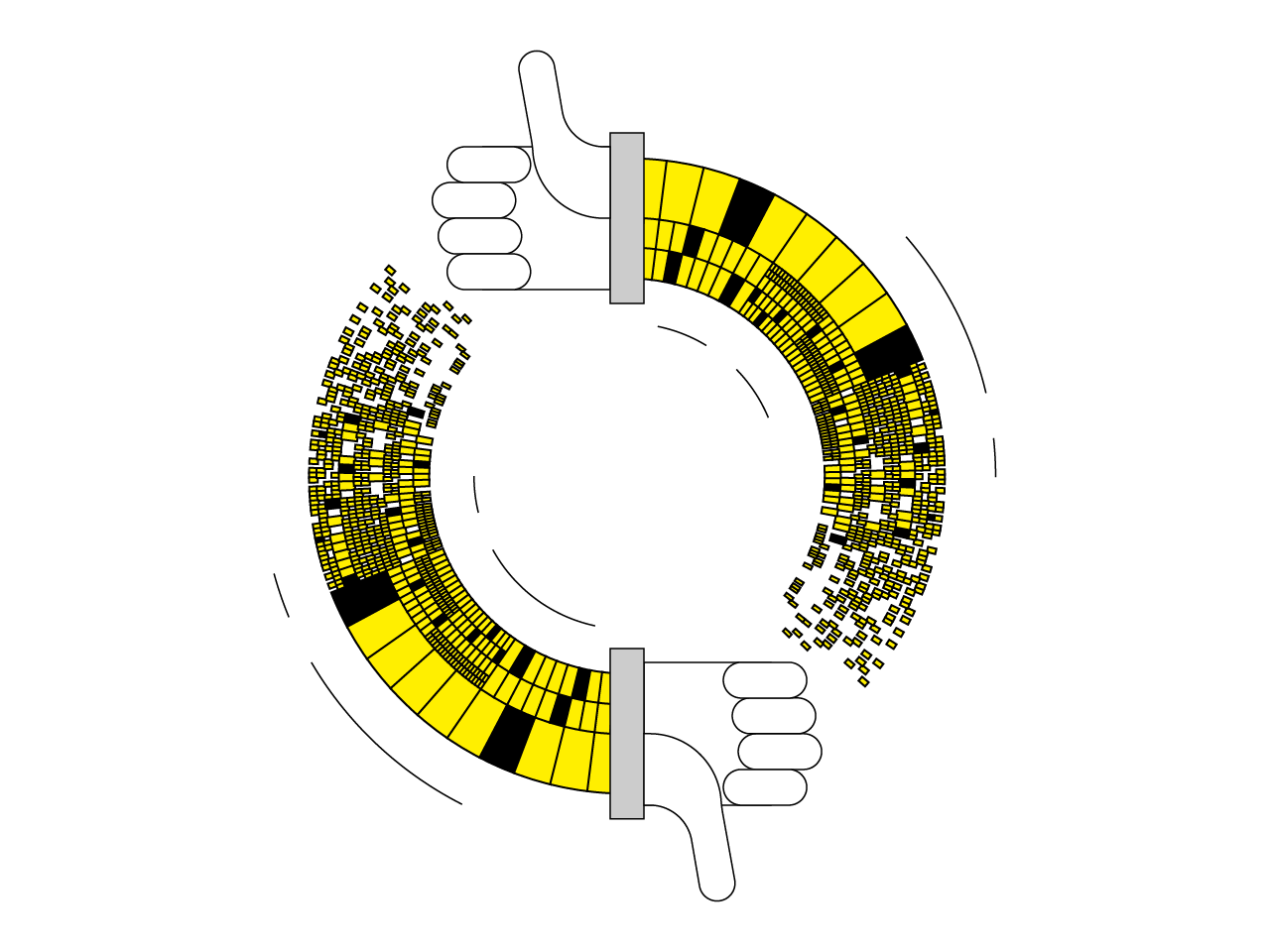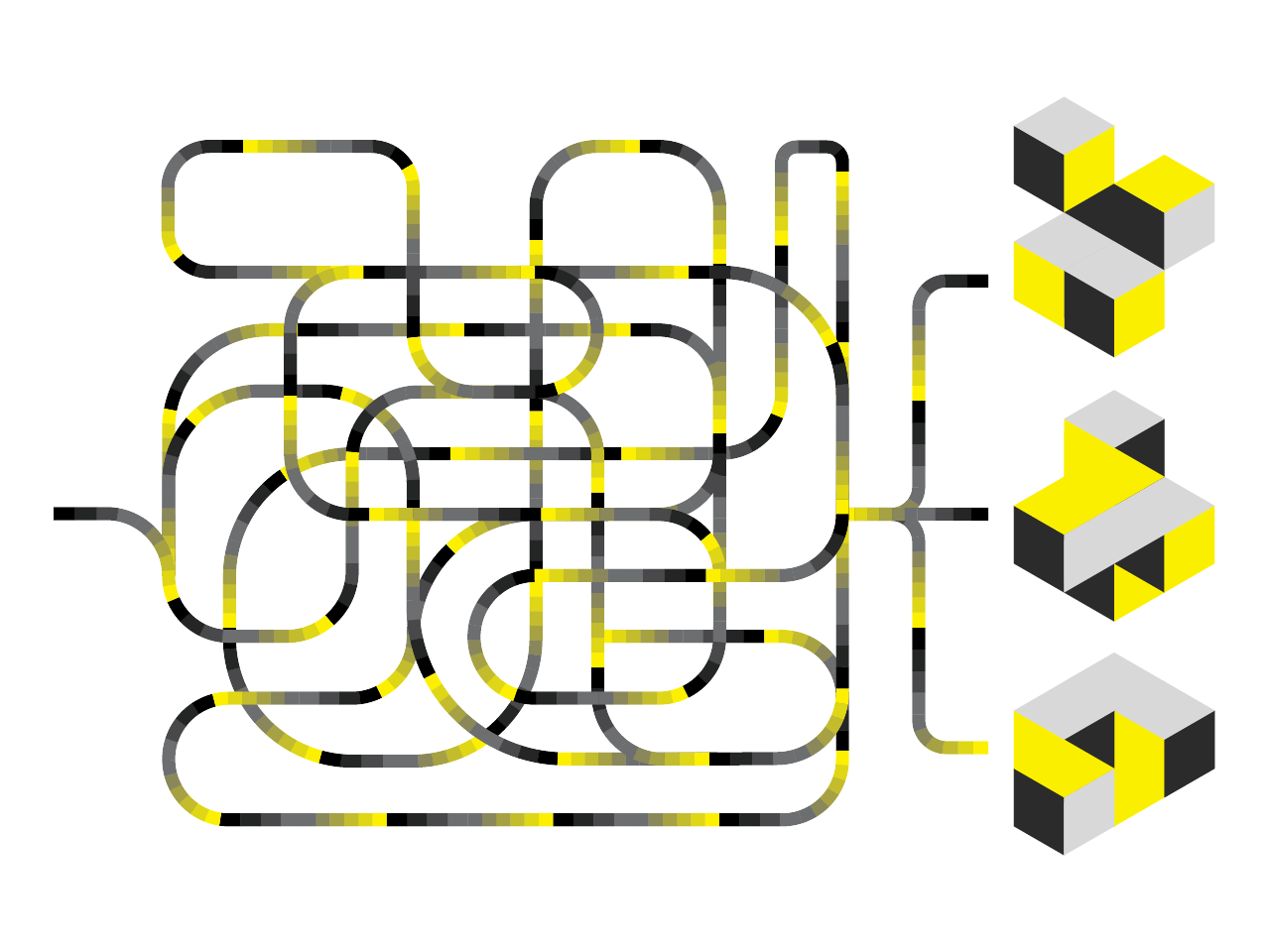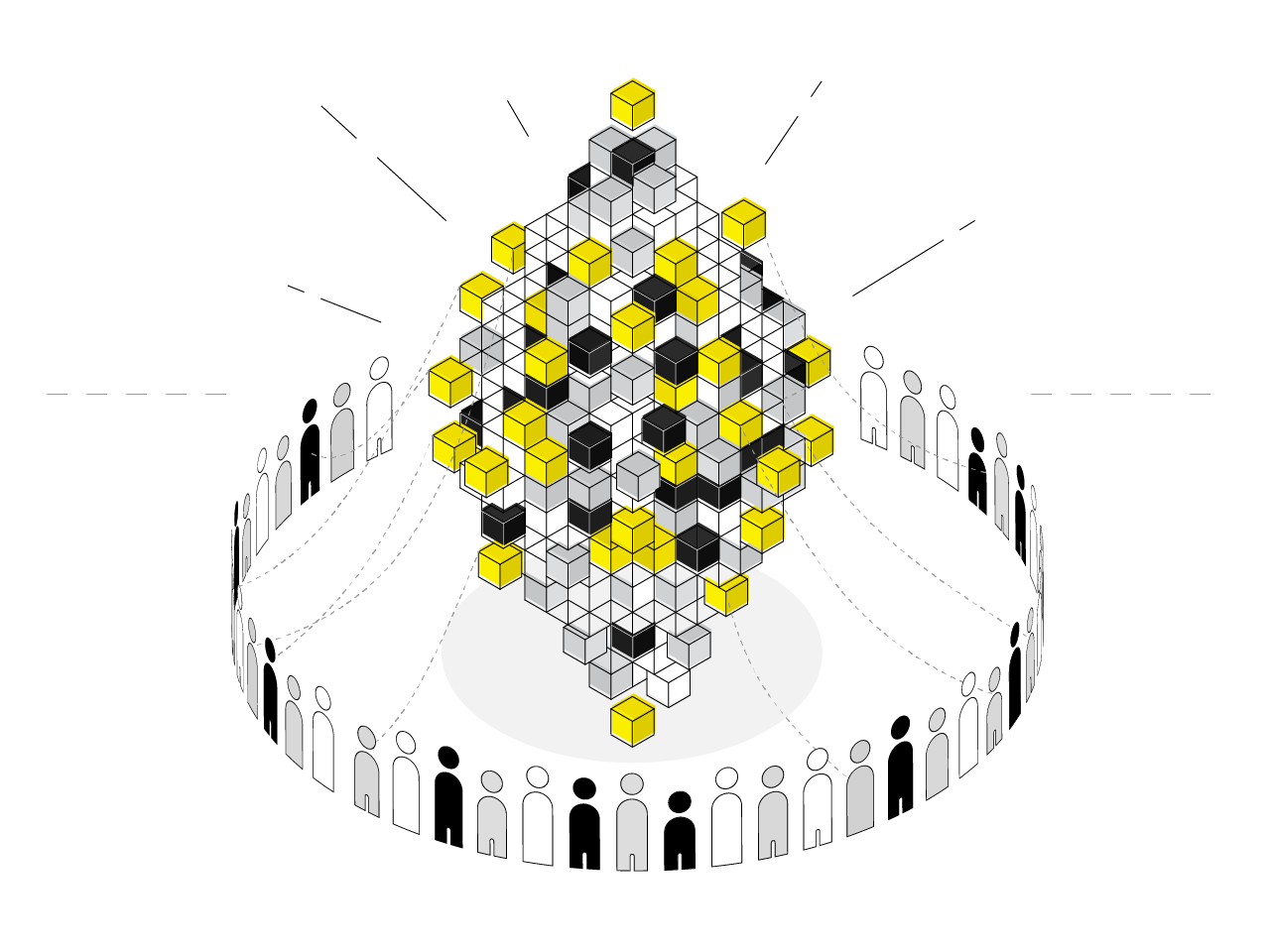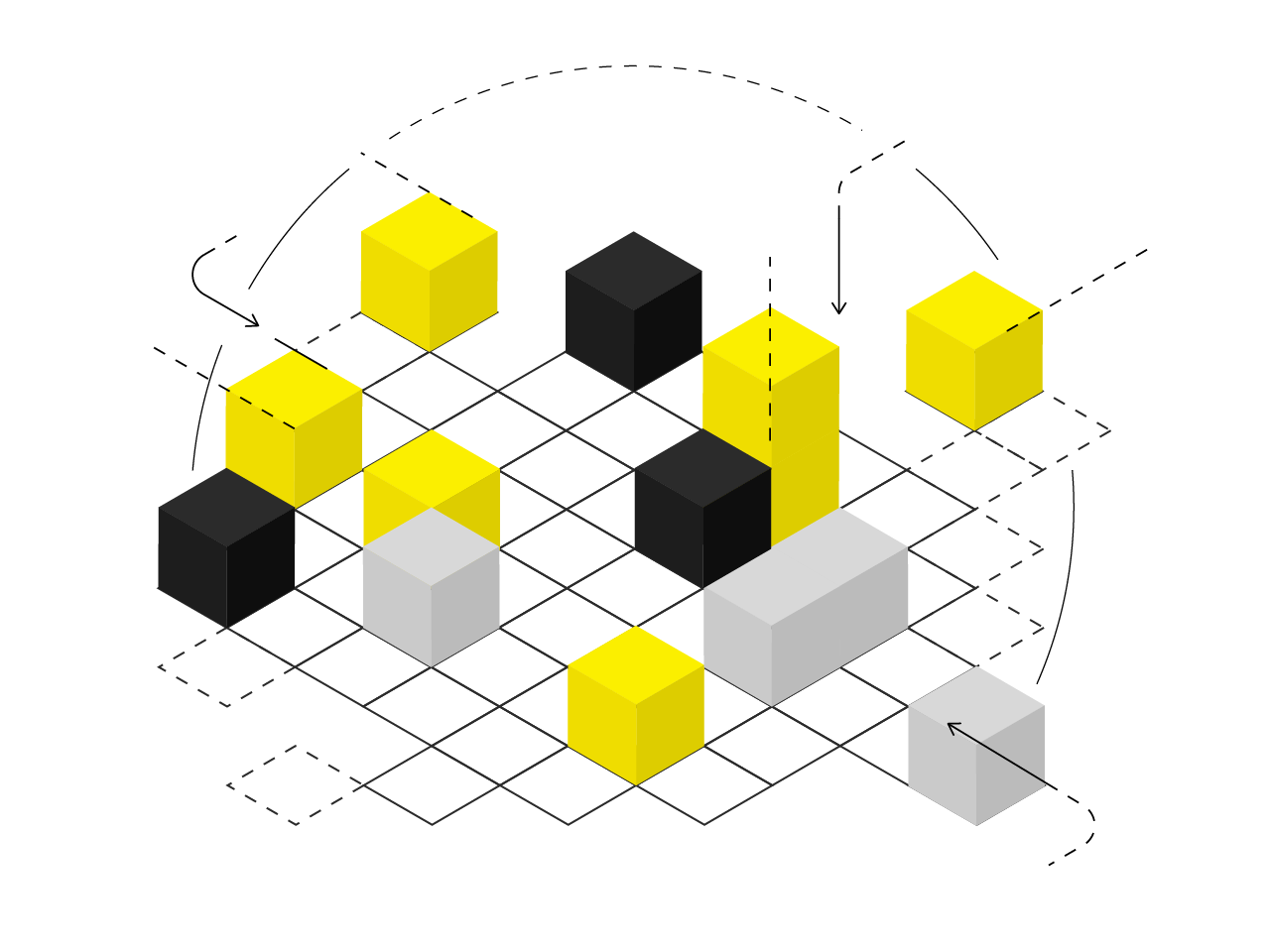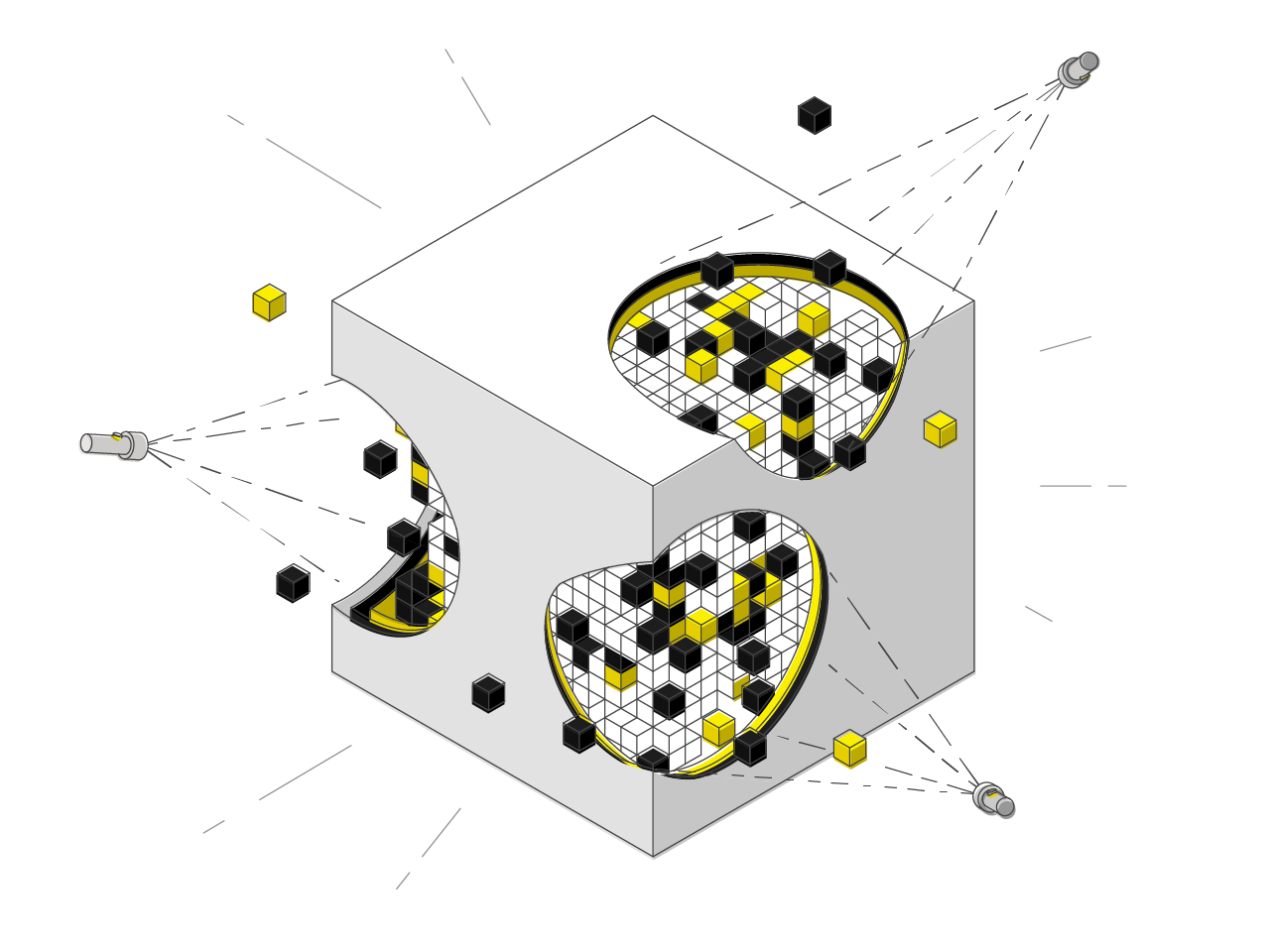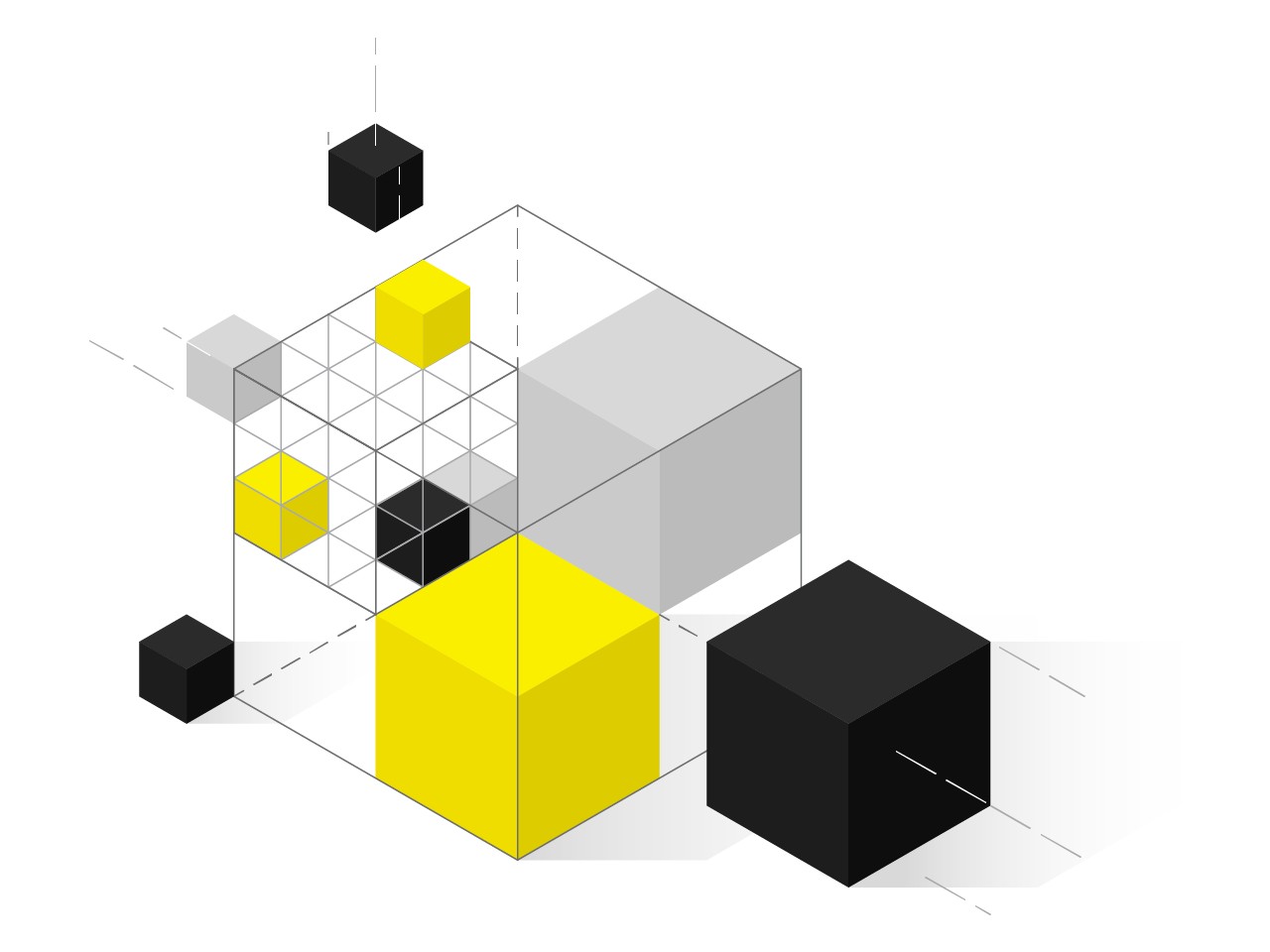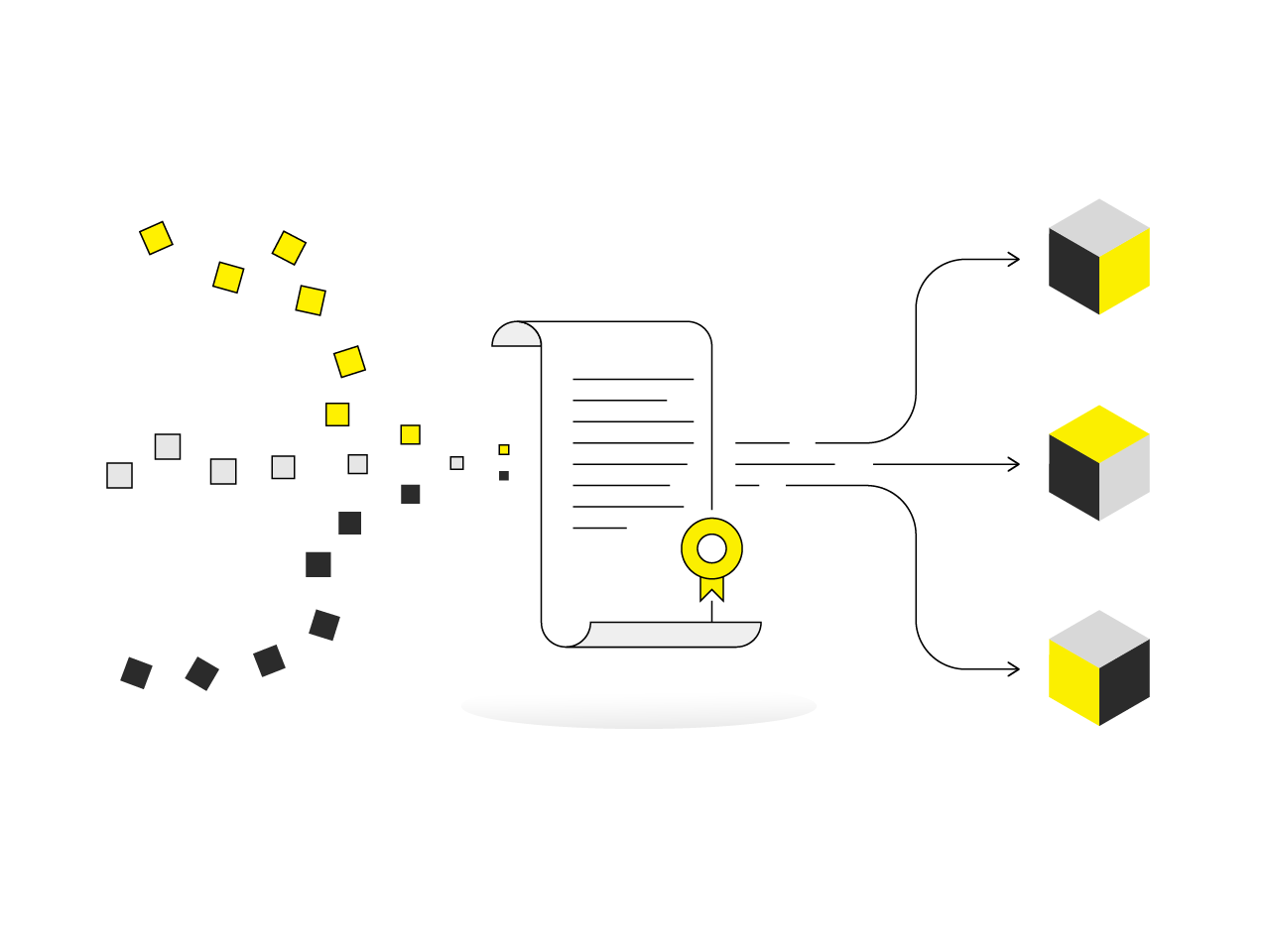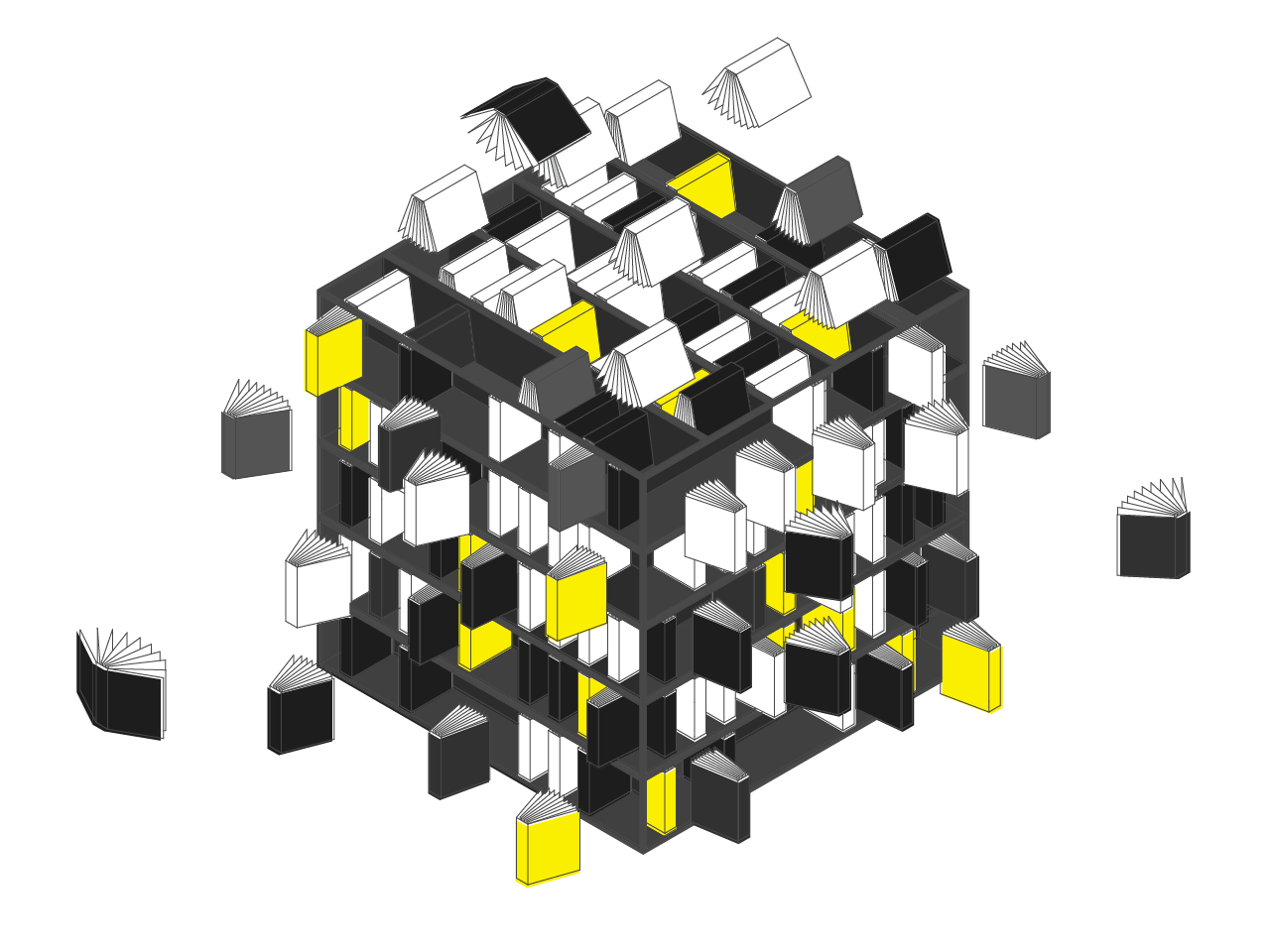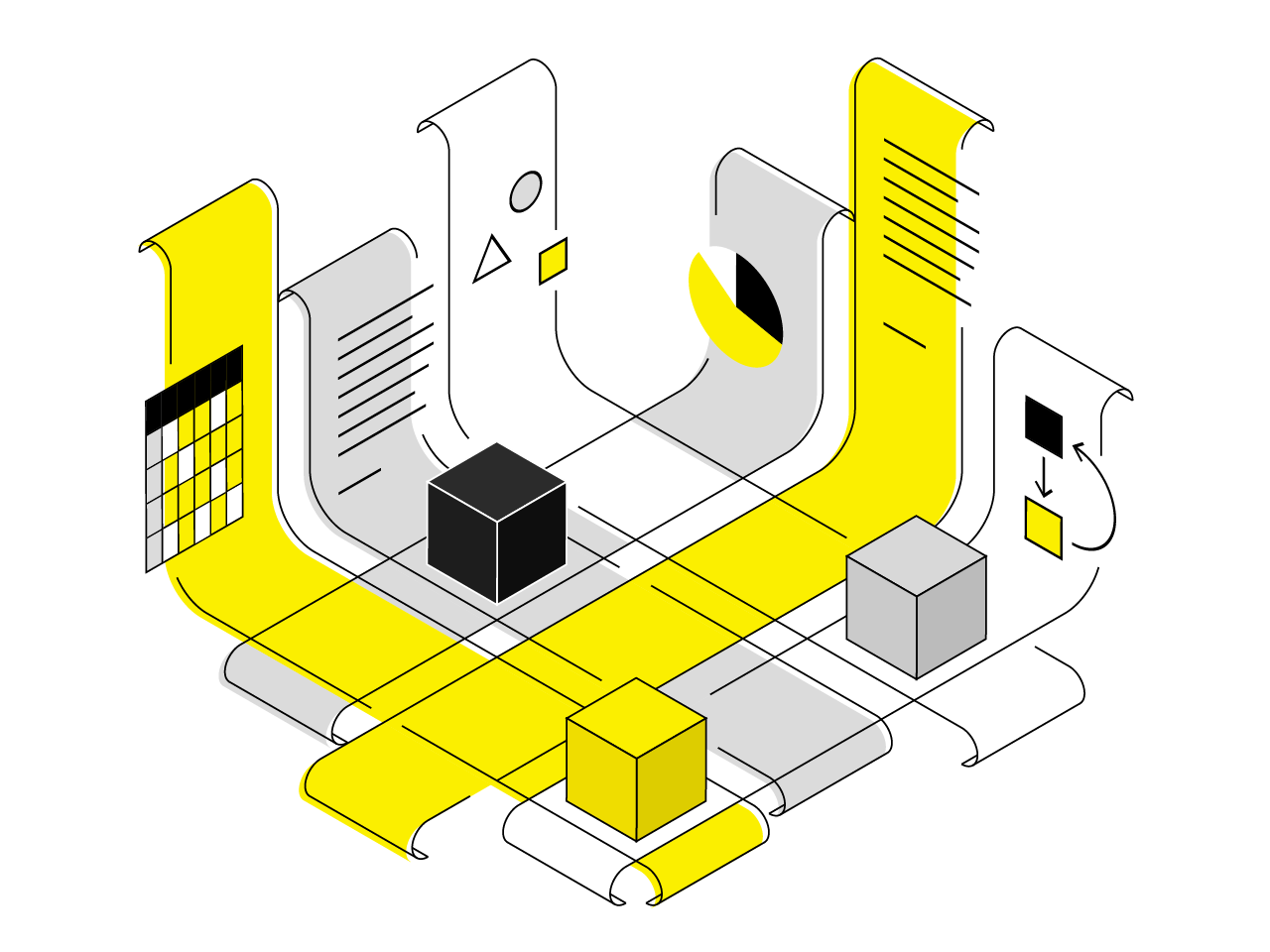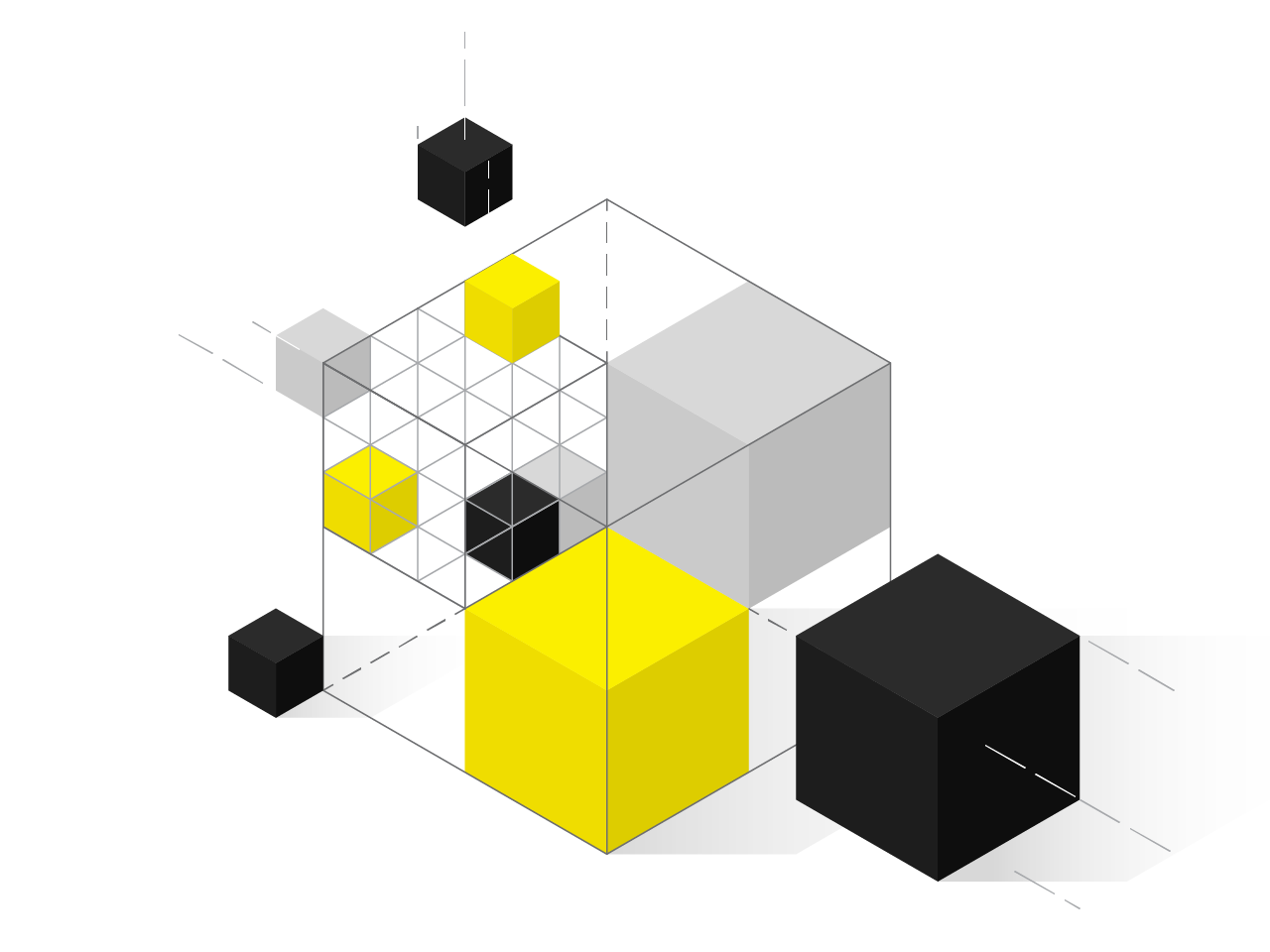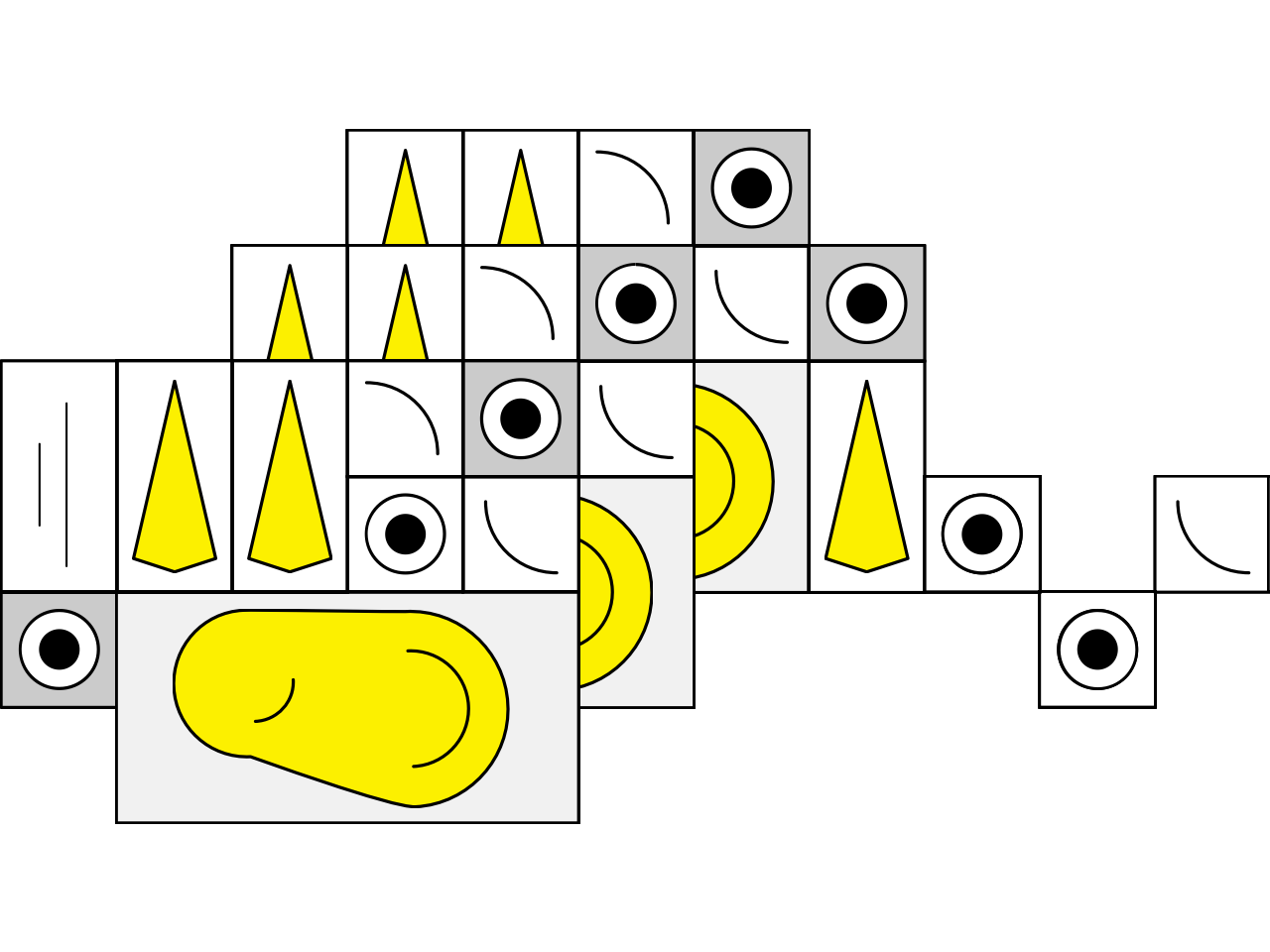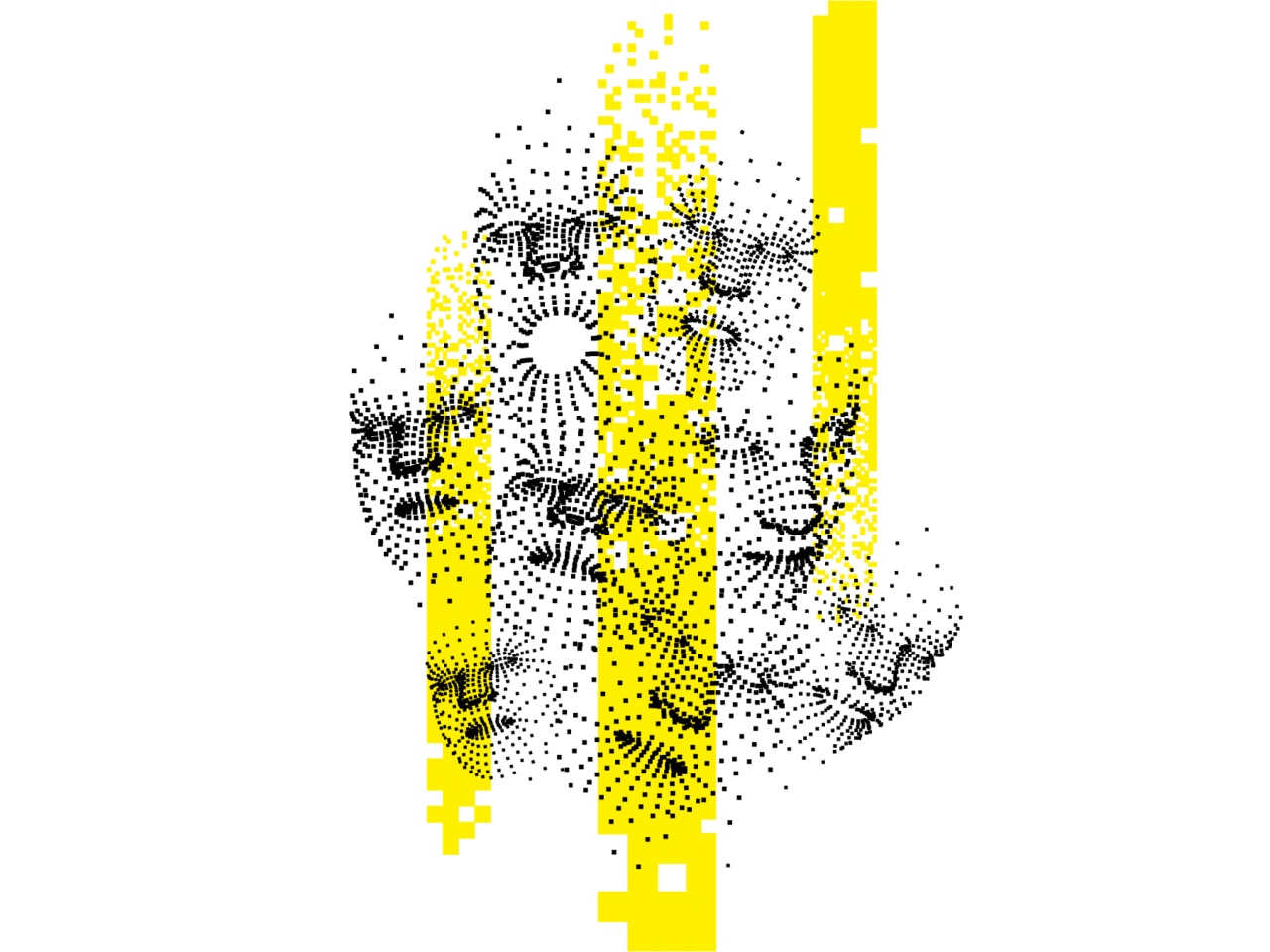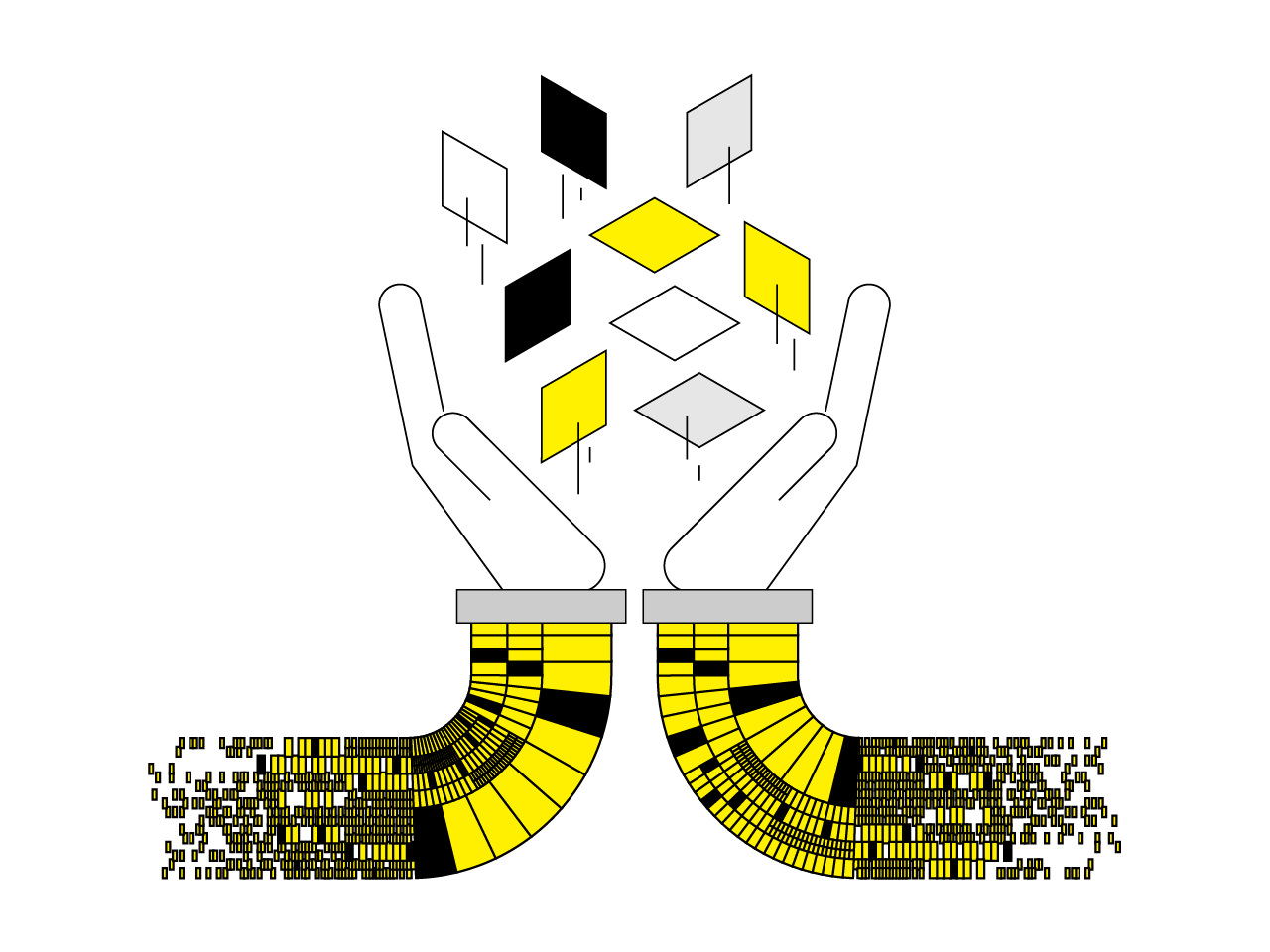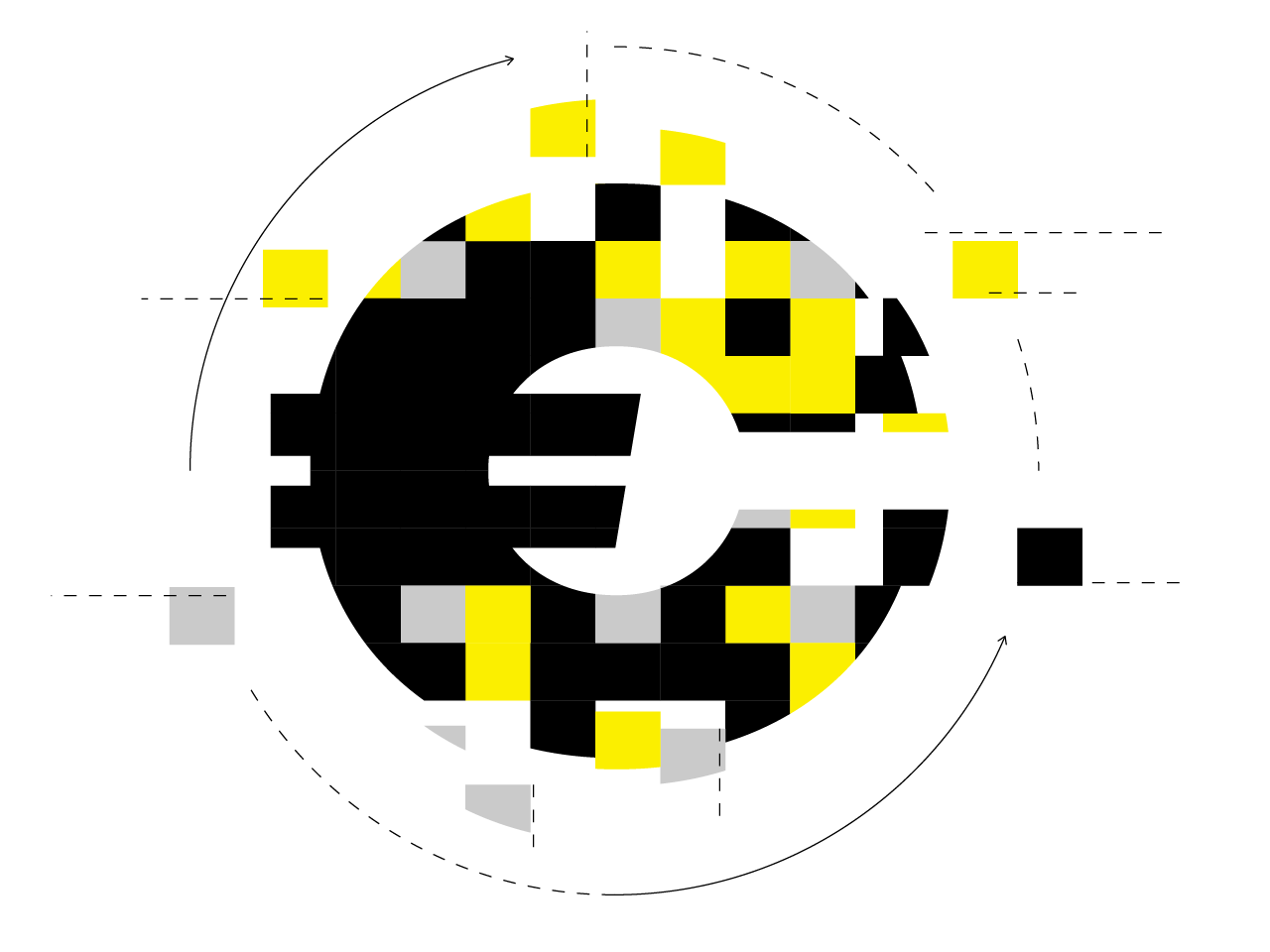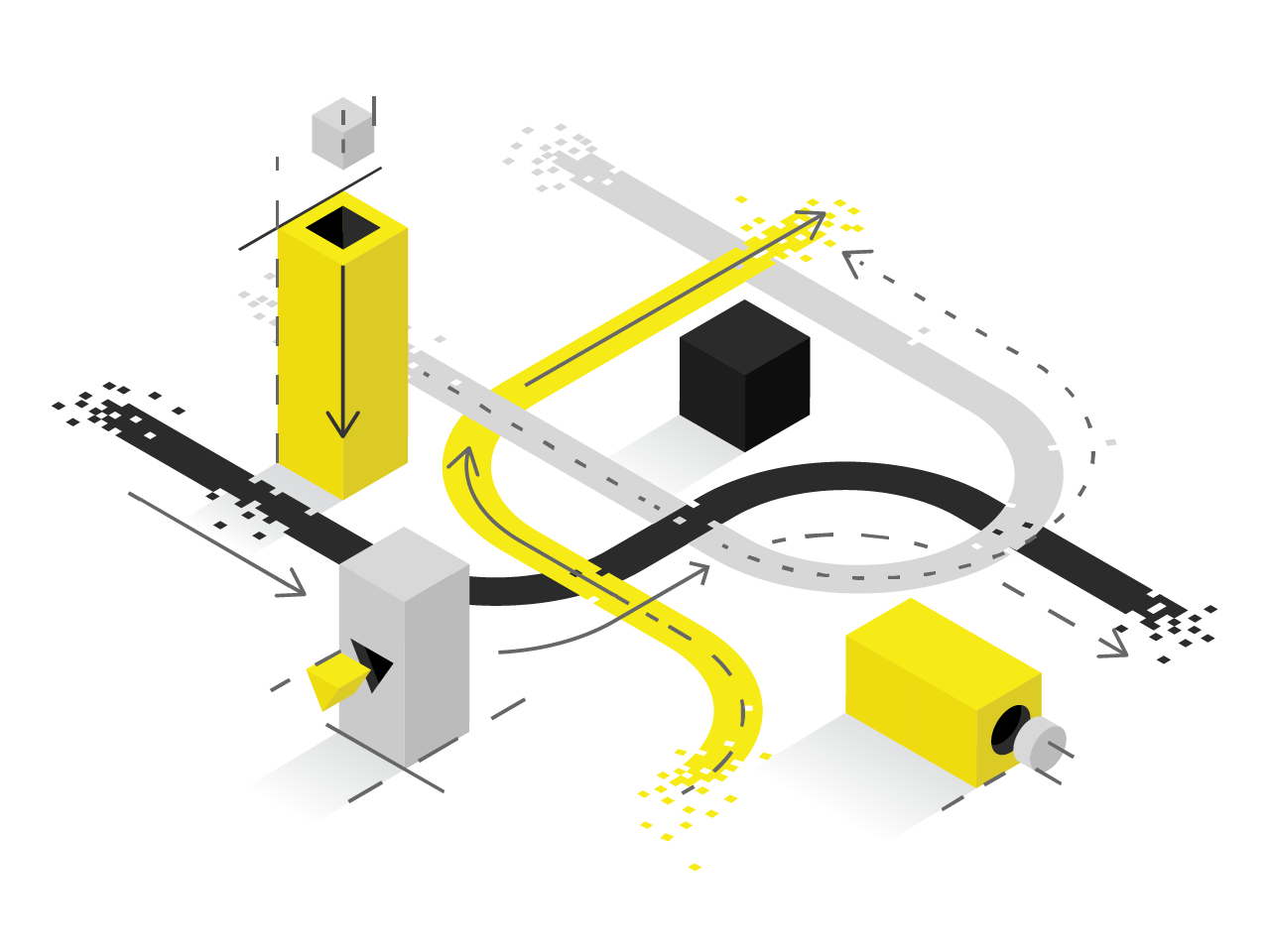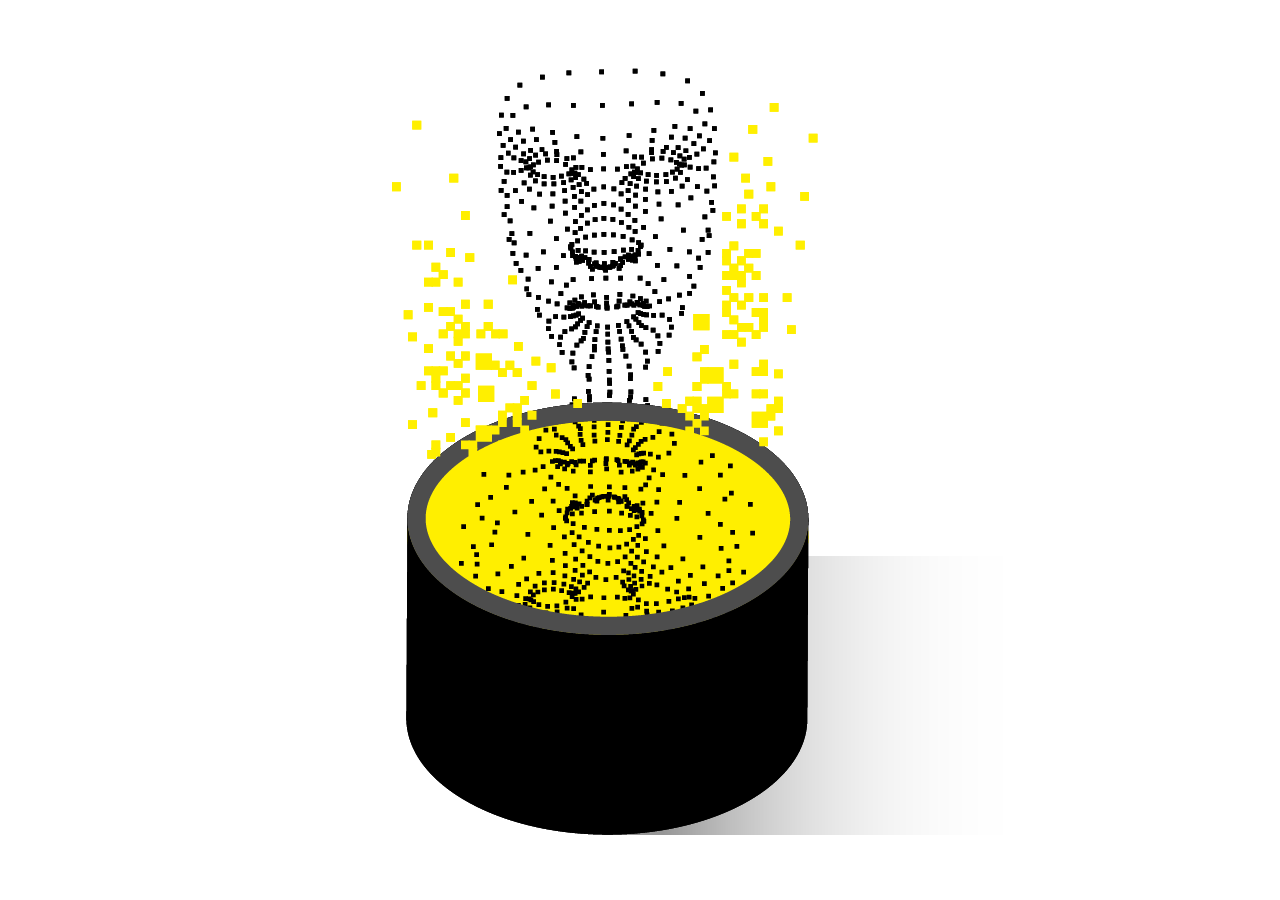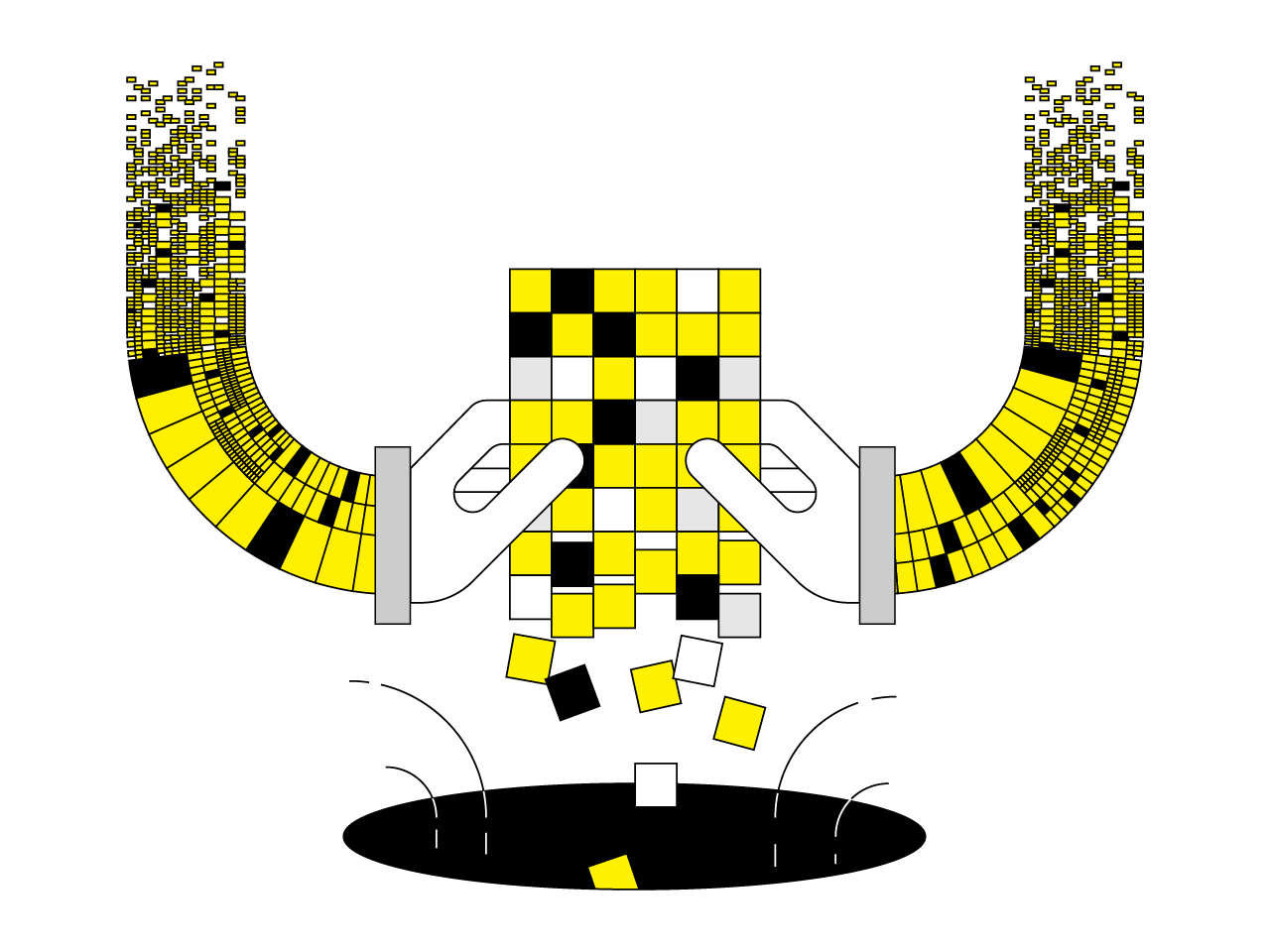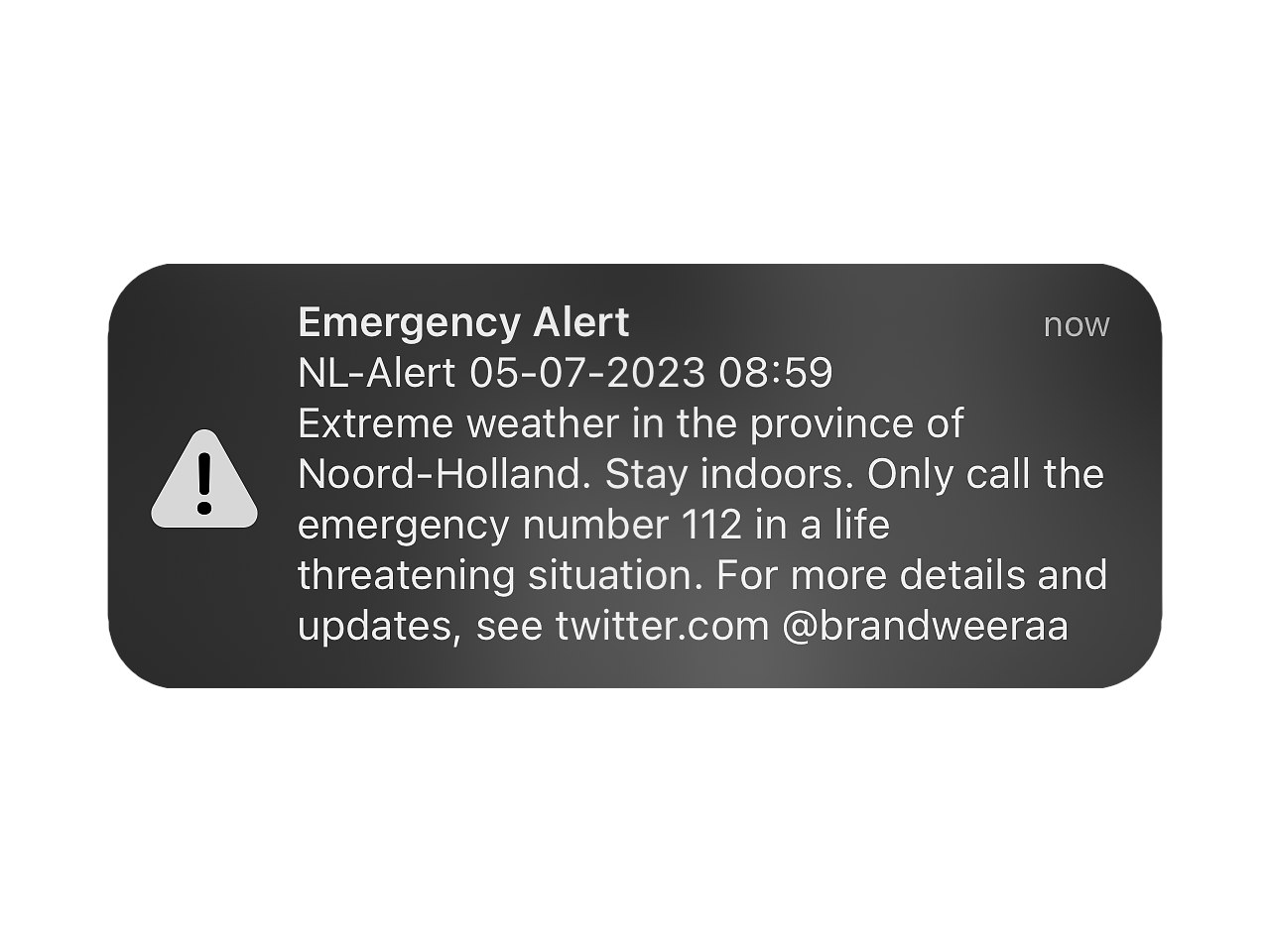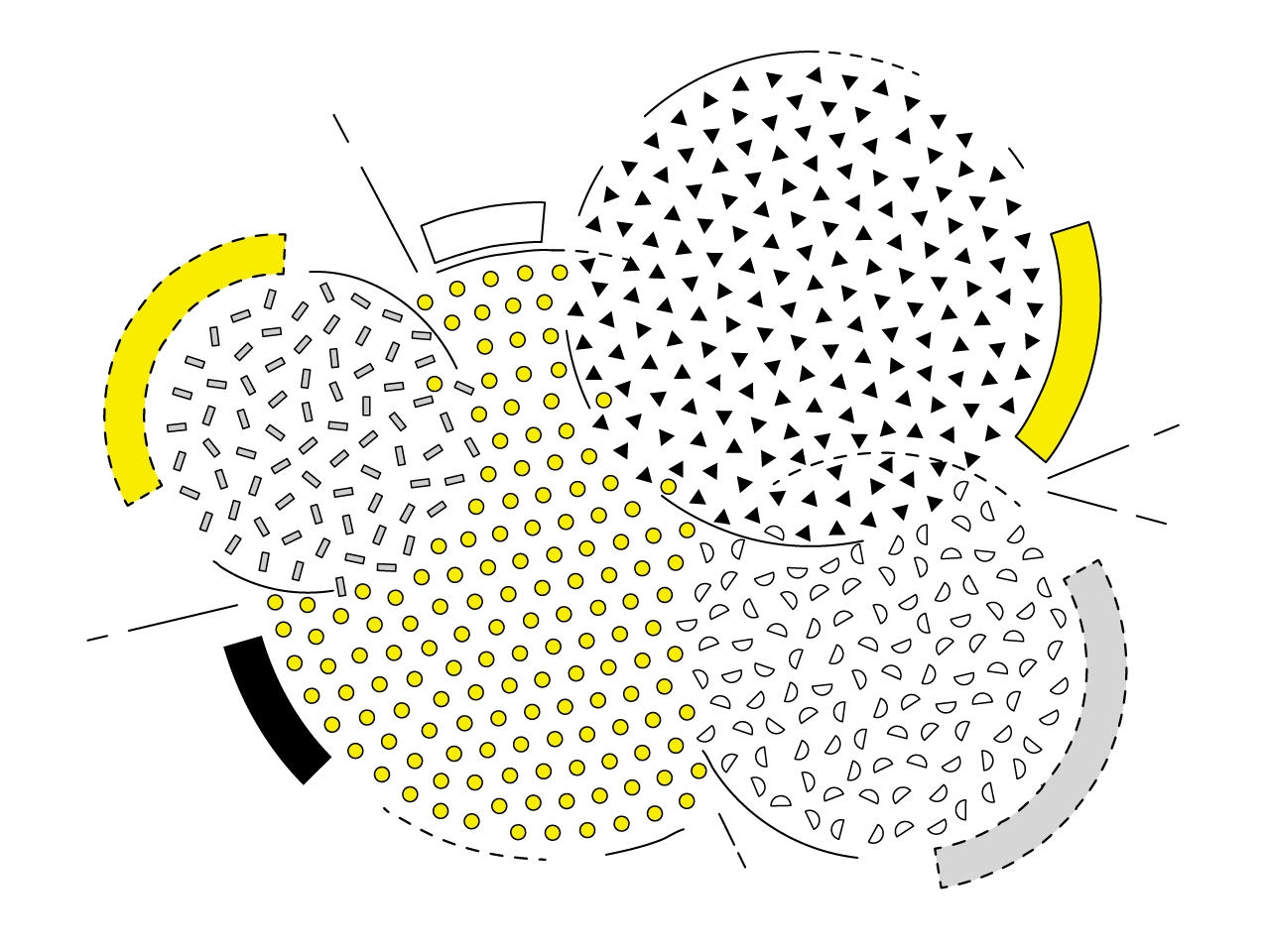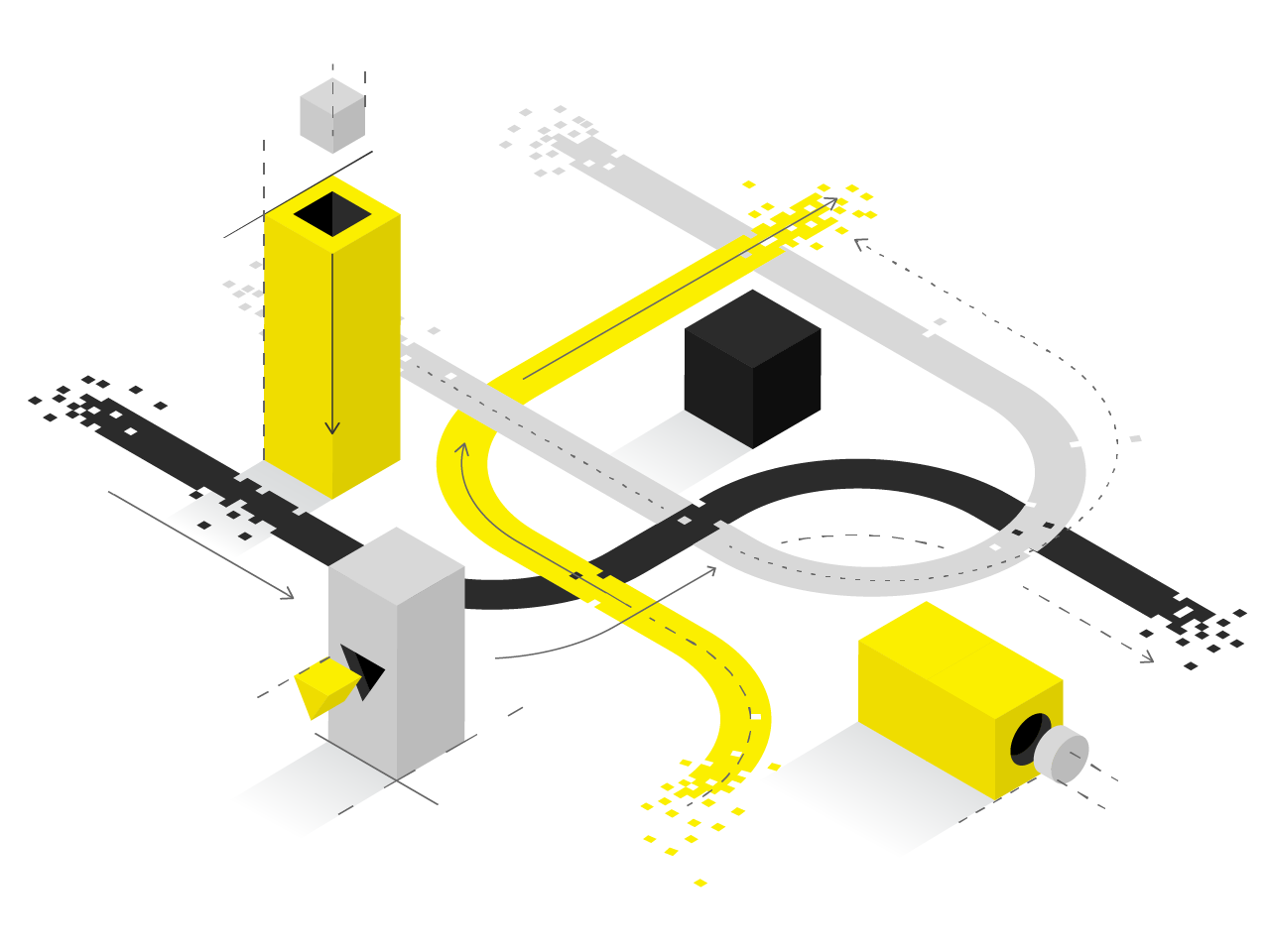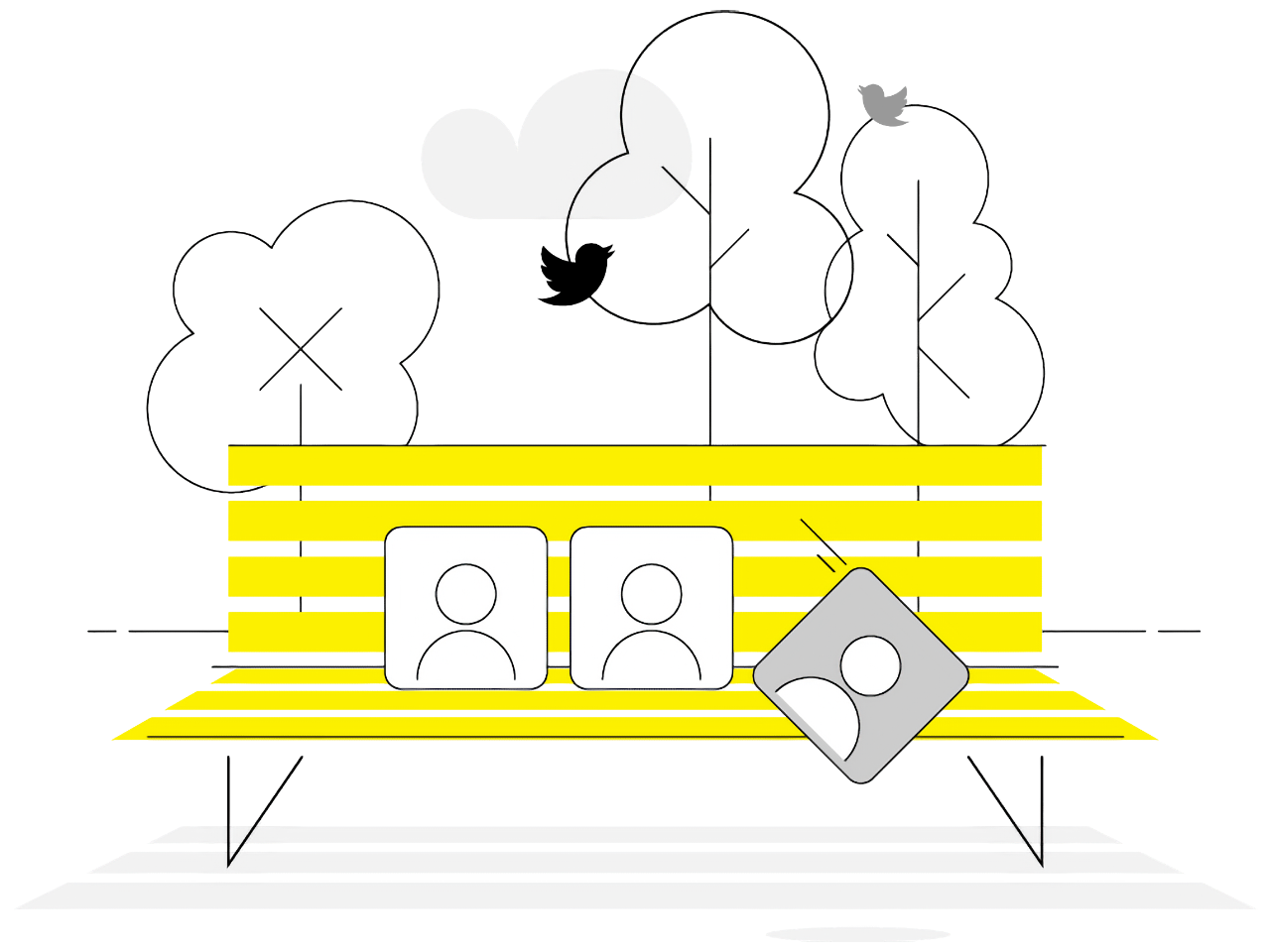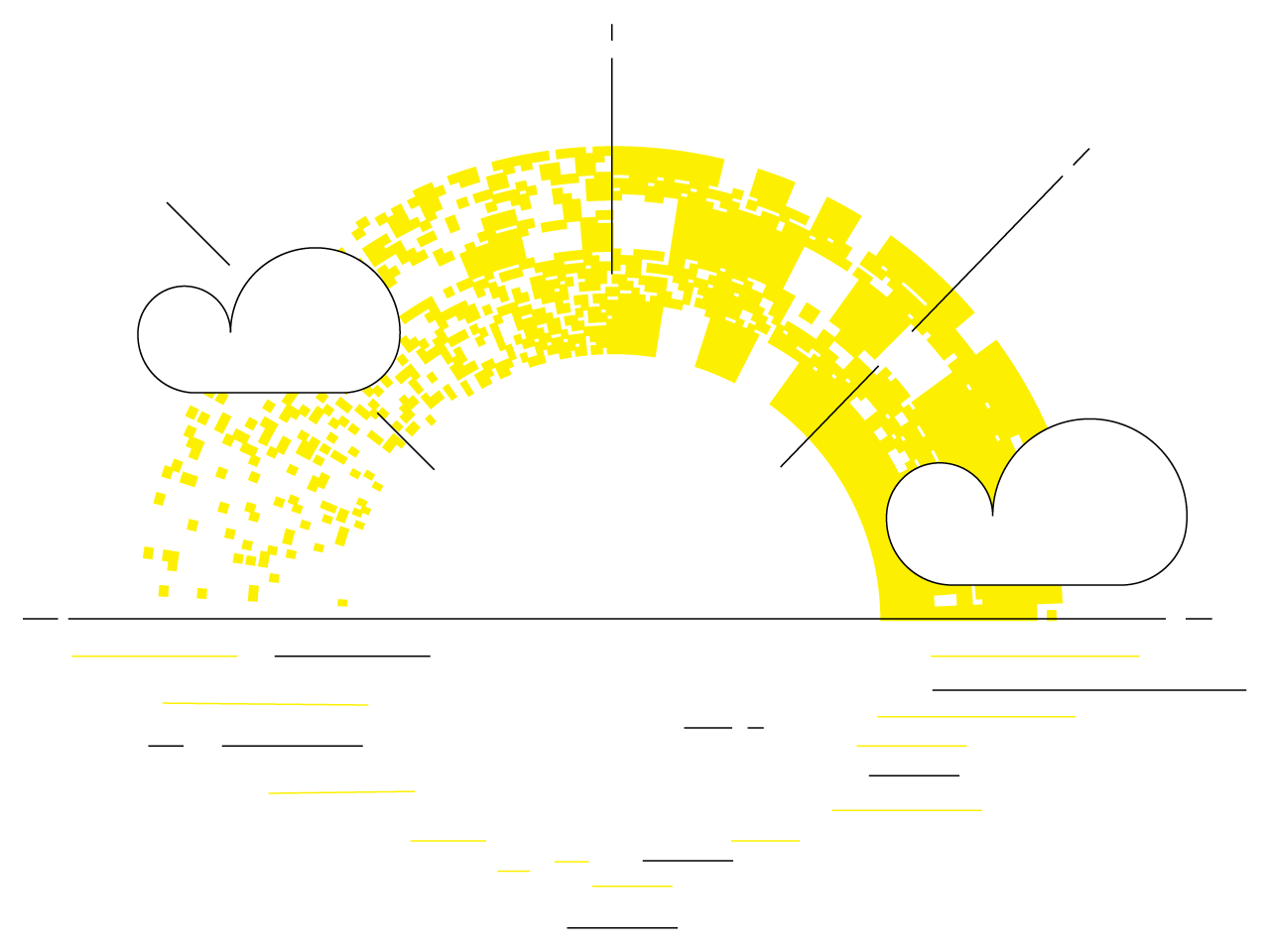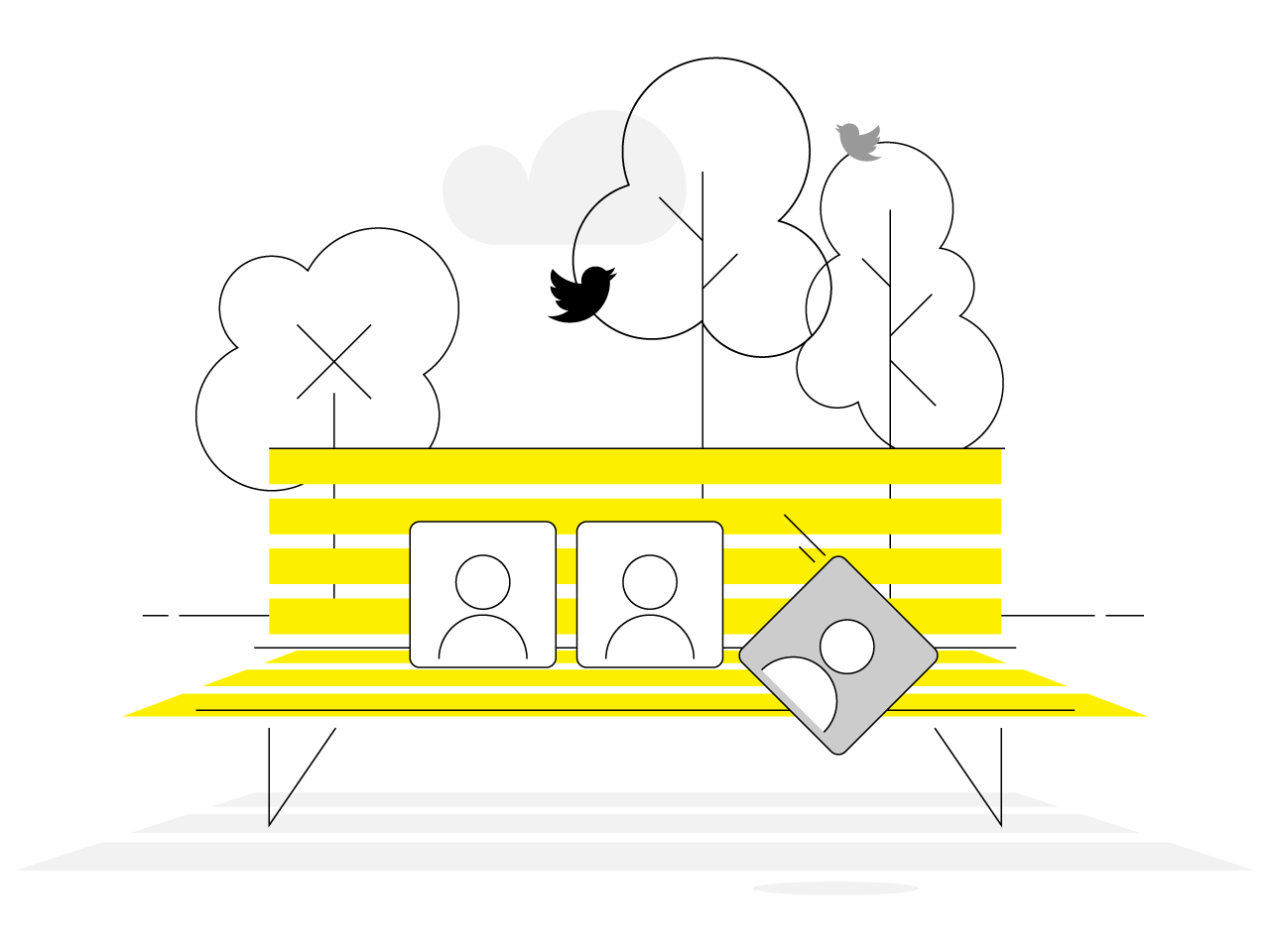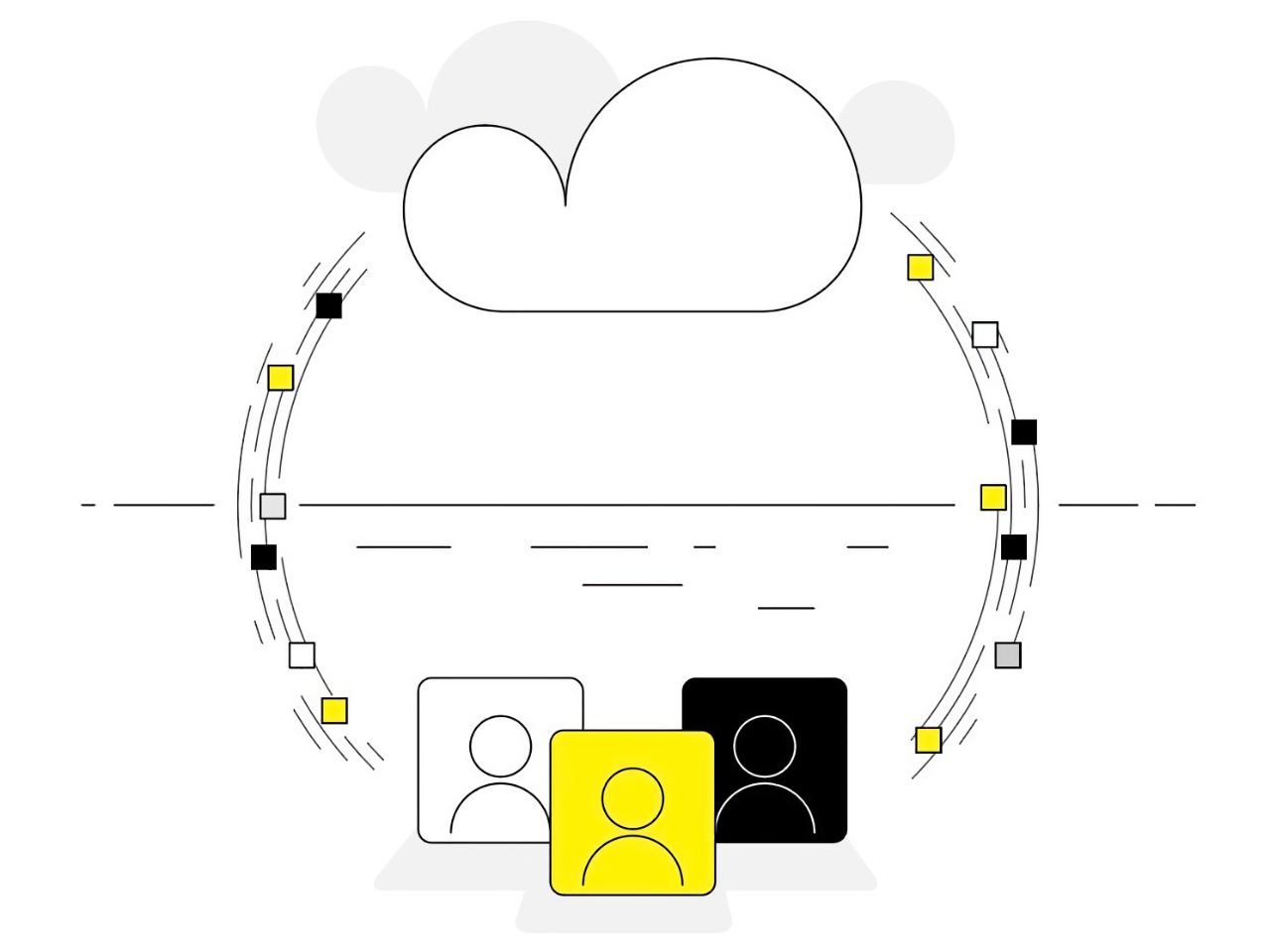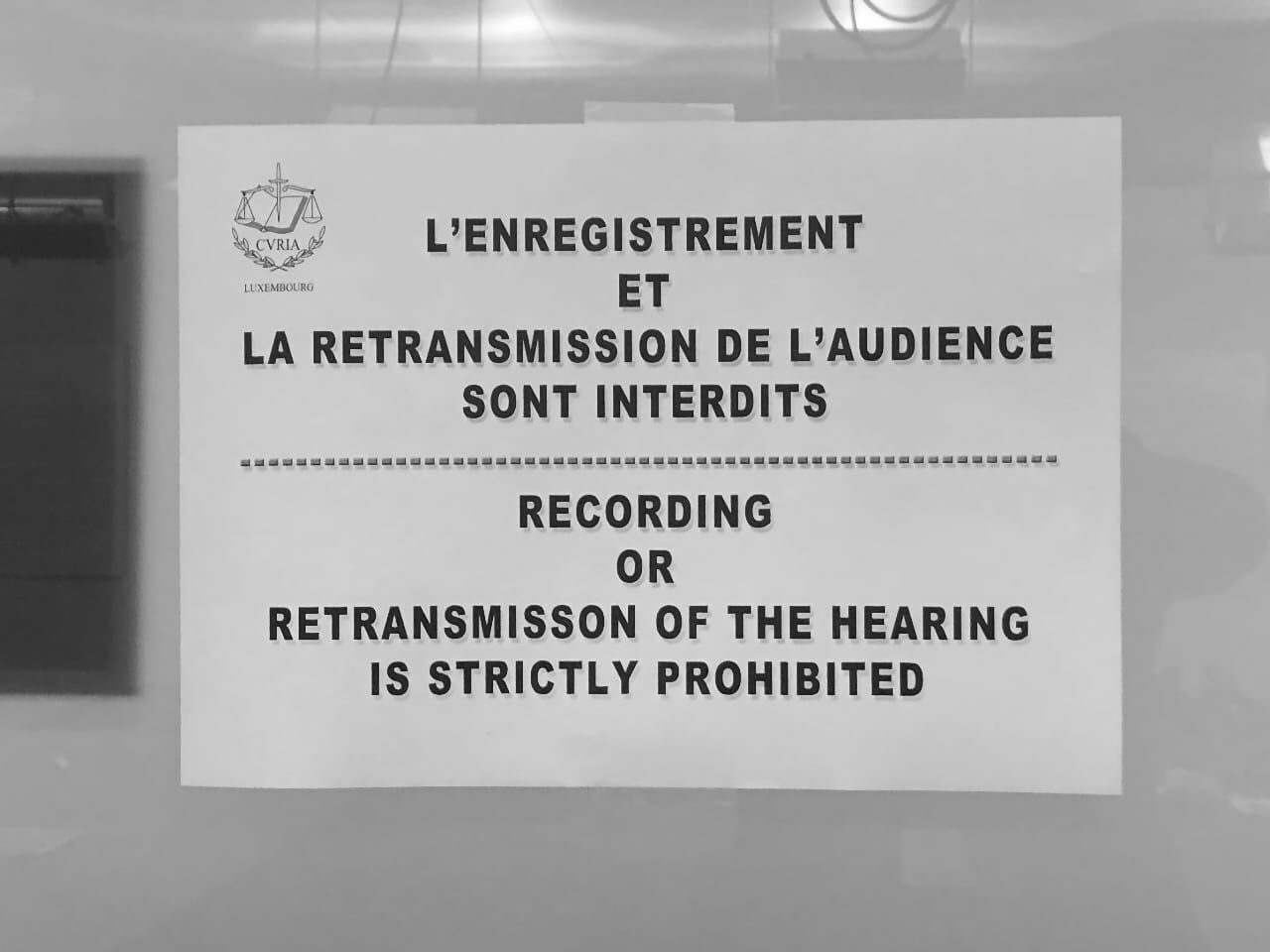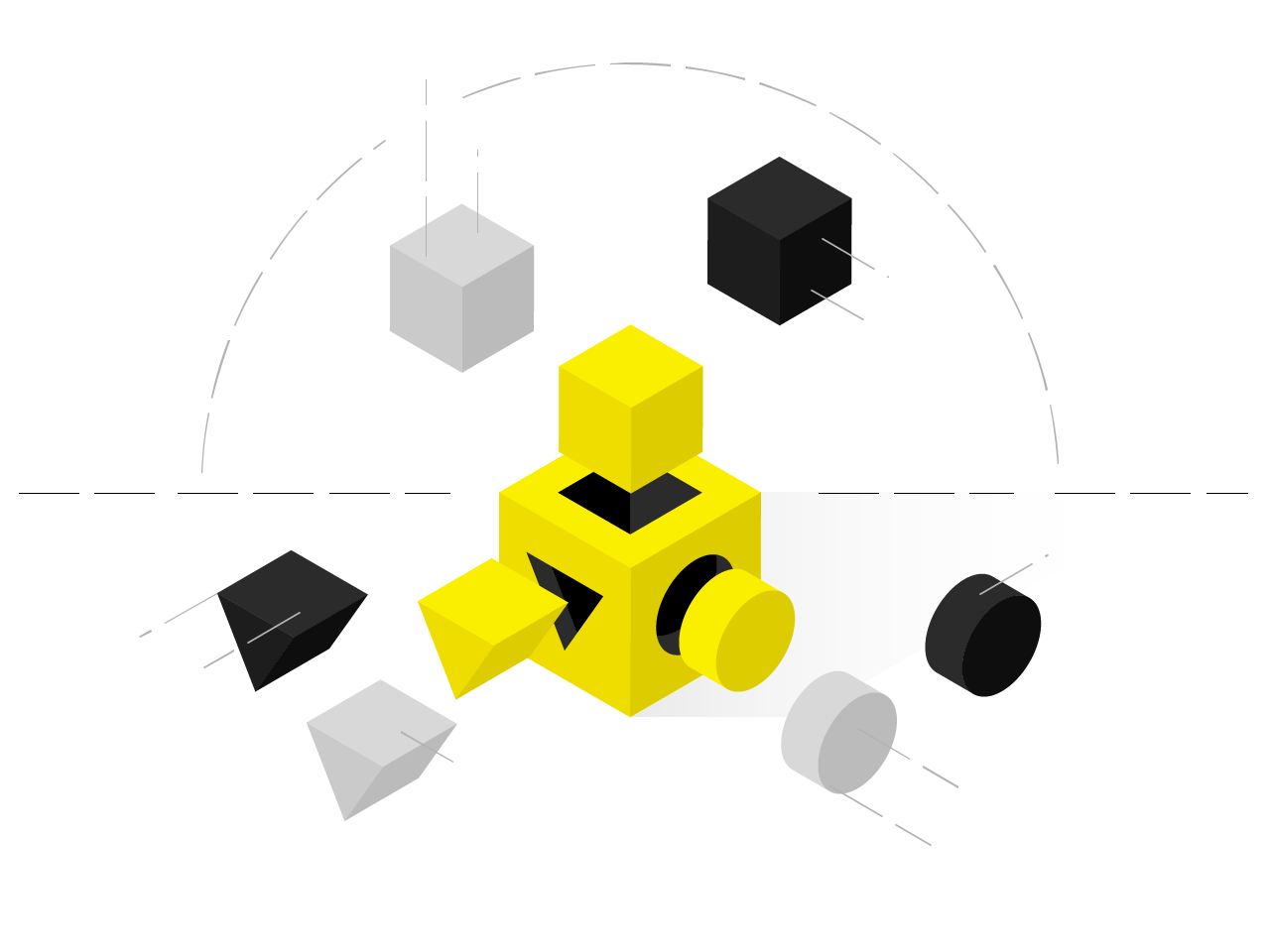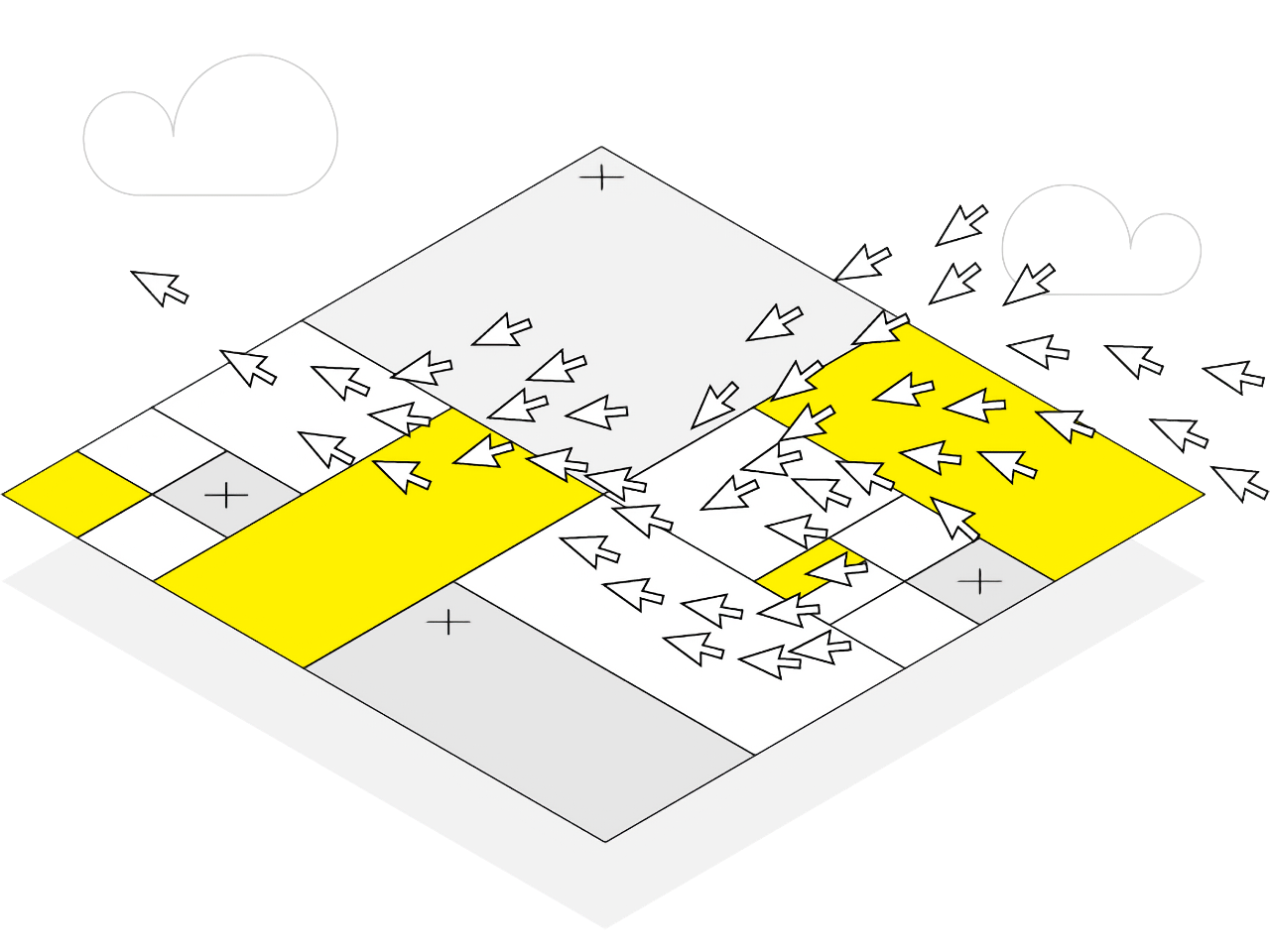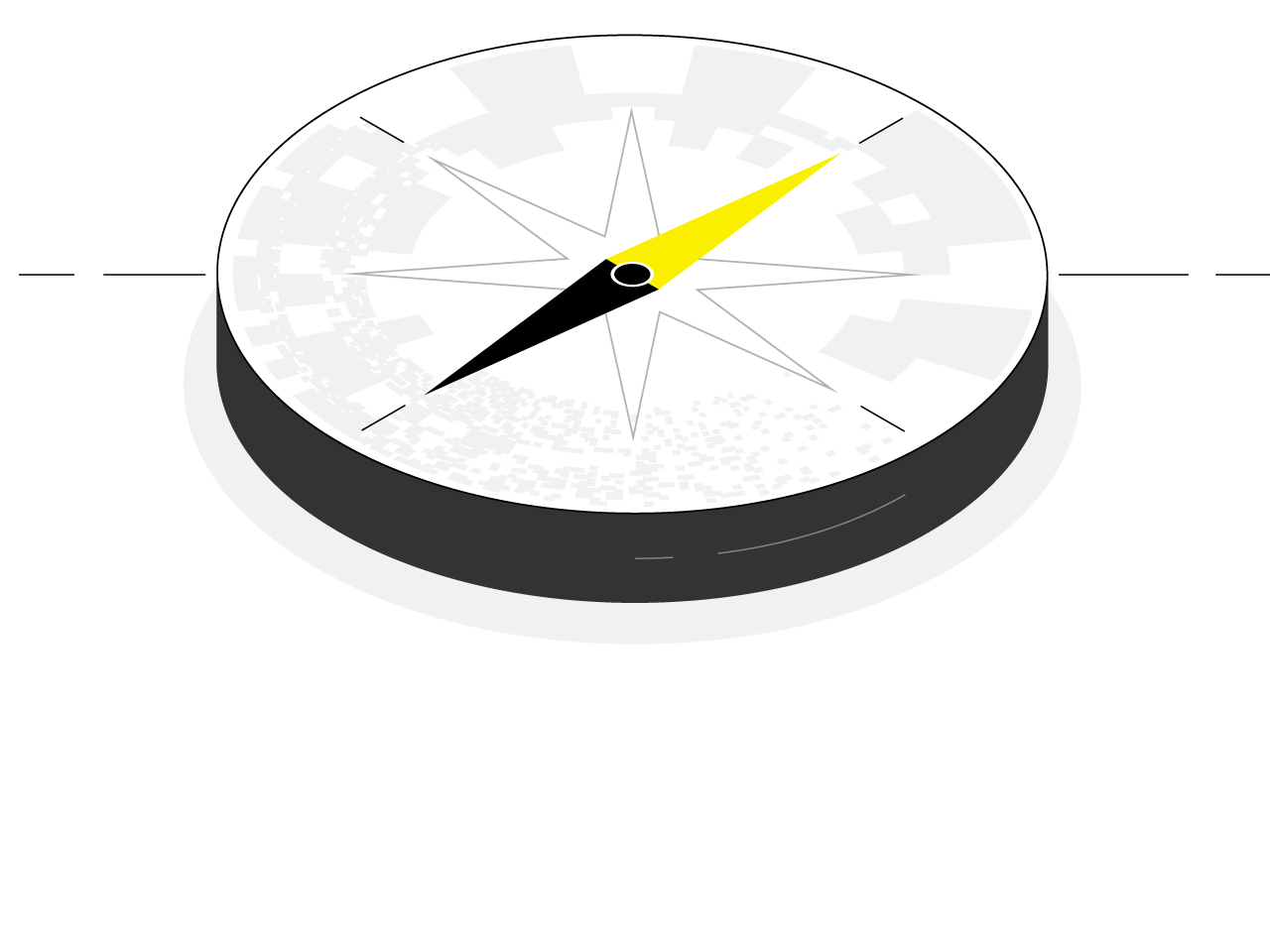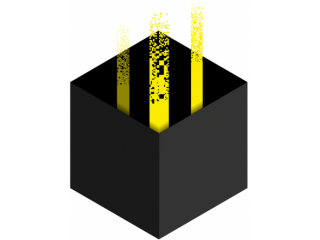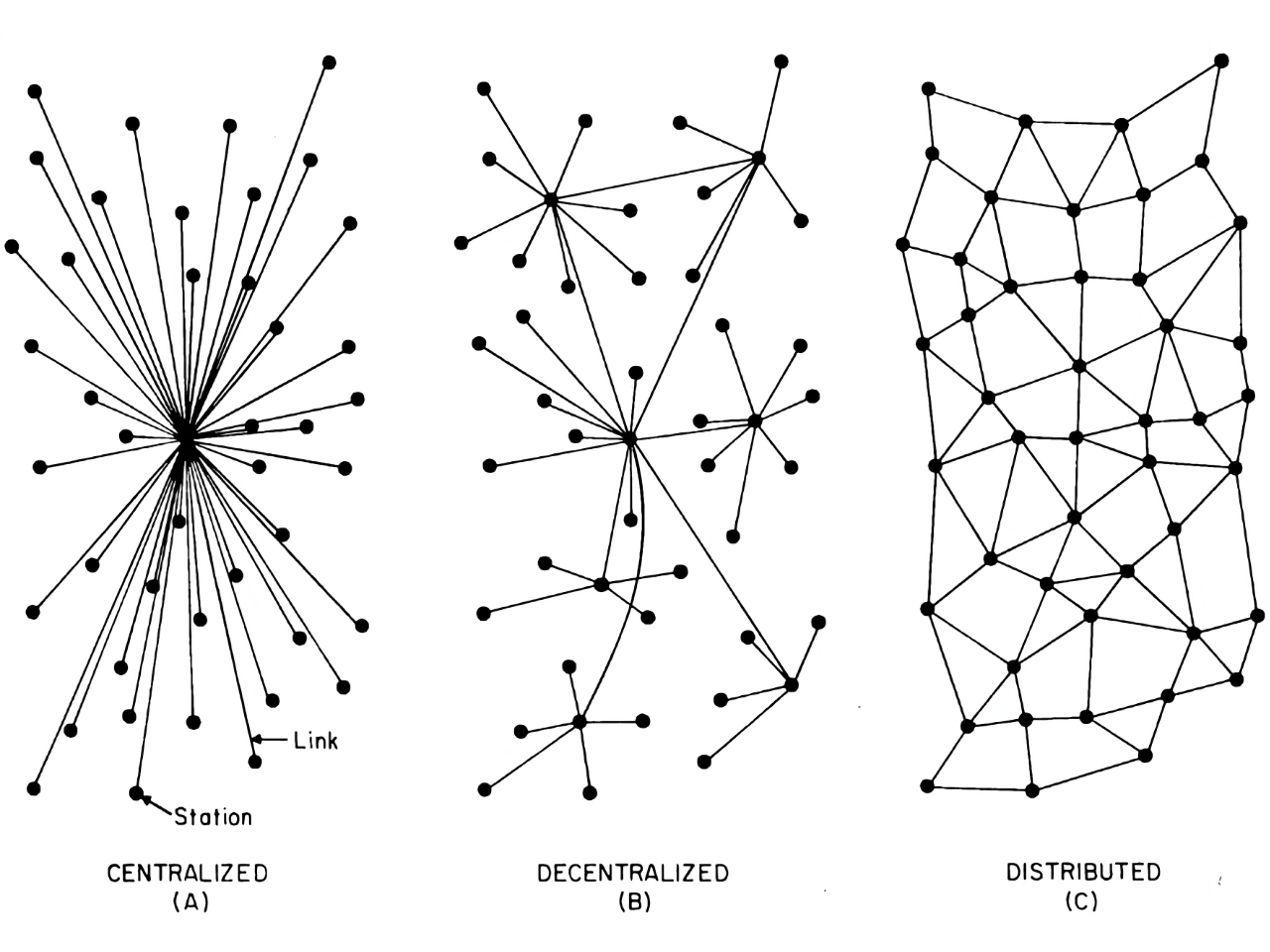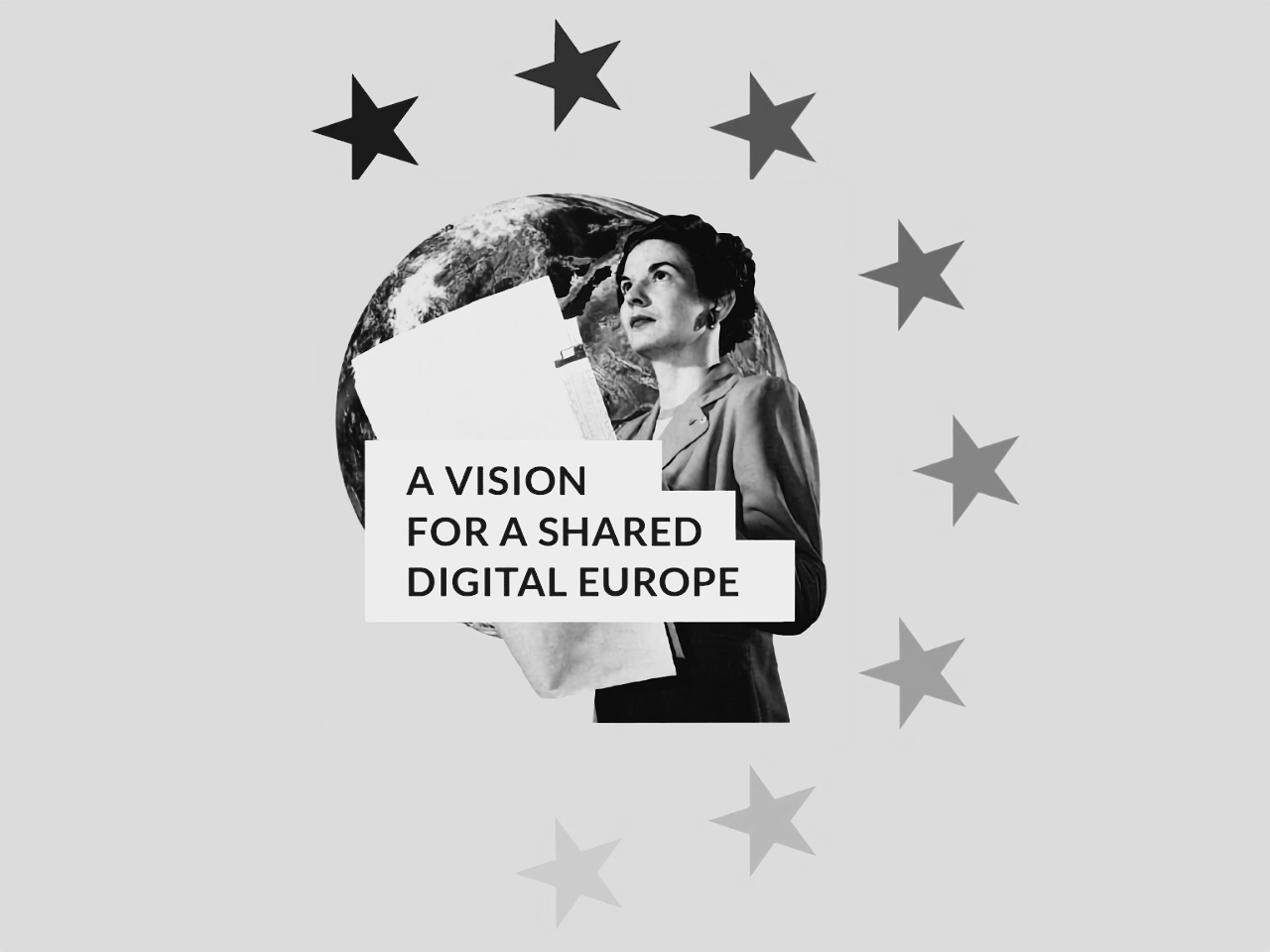About Paul
Paul is the Director of Policy at Open Future. He has 20+ years of experience as a media activist, open policy advocate and systems architect to improve access to knowledge and culture. A political scientist by training, Paul has a deep understanding of the digital transformation’s political, social and legal implications. Prior to founding Open Future Paul was co-director of Kennisland, an Amsterdam-based think-tank working on issues related to the knowledge economy. Before joining Kennisland in 2007, Paul worked at Waag as head of the Public Research program.
Paul is a research fellow at the Institute for Information Law of the University of Amsterdam, a board member of Public Spaces and sits on the advisory boards of the Glushko & Samuelson Information Law and Policy Lab and the Europeana Foundation.
In 2009 Paul was one of the founding members of the COMMUNIA association for the Public Domain where he continues to serve as the President. Between 2015 and 2019 Paul directed COMMUNIA’s and Europeana’s advocacy efforts related to Copyright in the Digital Single Market directive. In these roles, he has been instrumental in significantly improving a number of the provisions contained in the directive, including the provisions dealing with the protection of the Public Domain, access to Out of Commerce Works and the controversial new rules for online platforms.
In 2005 Paul founded Creative Commons Netherlands where he served as public project lead until 2018. In this role, he brokered several collaborations between Creative Commons and collective management bodies. From 2013 to 2018 he served on the Board of Directors of Creative Commons.
From 2009 – 2015 Paul was one of the architects of the Europeana Licensing Framework which enshrines Europeana’s commitment to open data and has set standards for large-scale digital cultural heritage aggregation projects. Paul is one of the authors of the Public Domain Manifesto and Europeana’s Public Domain Charter. Together with Alek Tarkowski and Sophie Bloemen he co-authored the Vision for a Shared Digital Europe, an alternative digital policy vision for Europe.
Paul lives with his partner and two daughters in Amsterdam. His offline interests include cooking, running, cycling and collecting flyers of African mediums.






